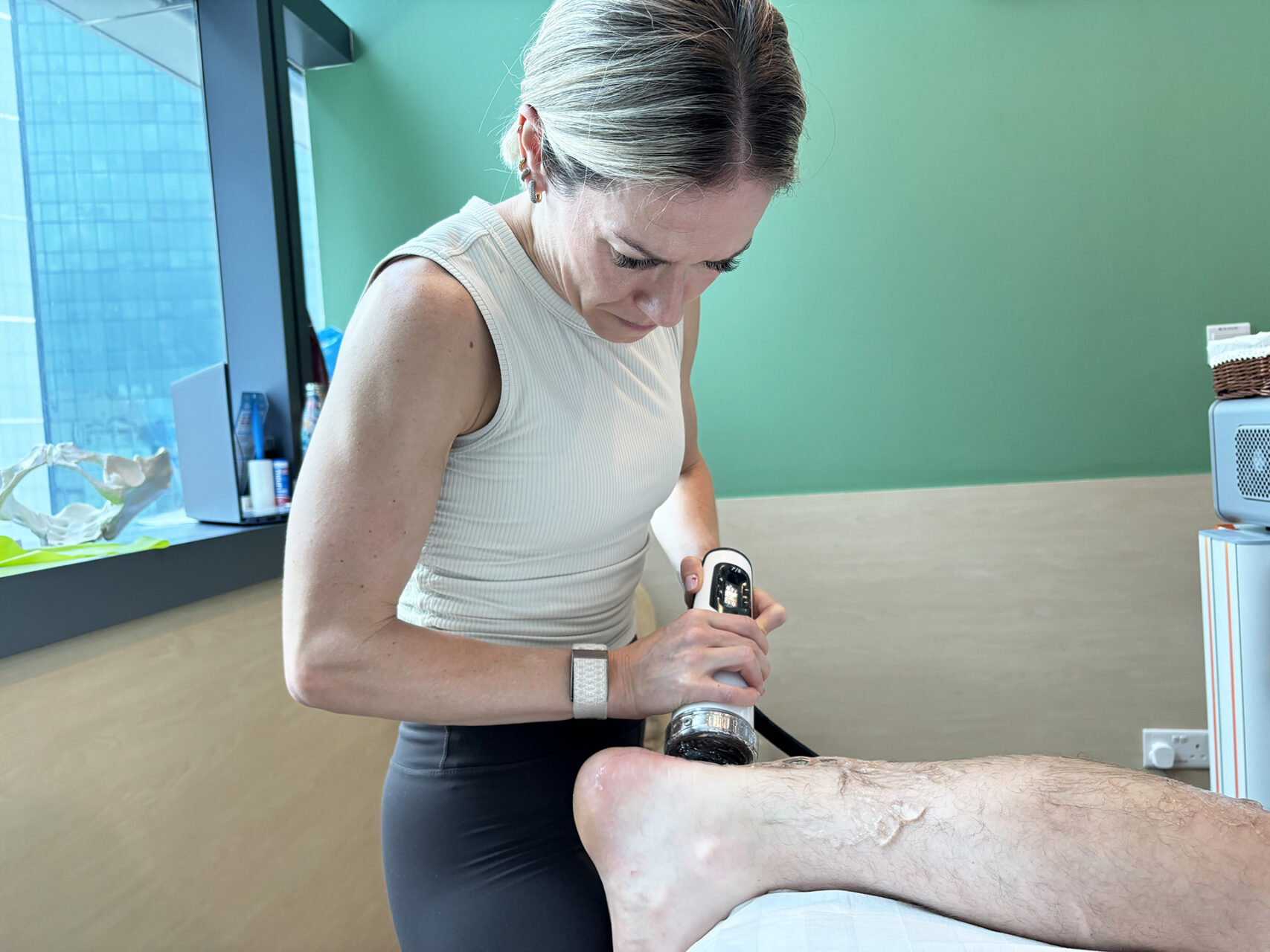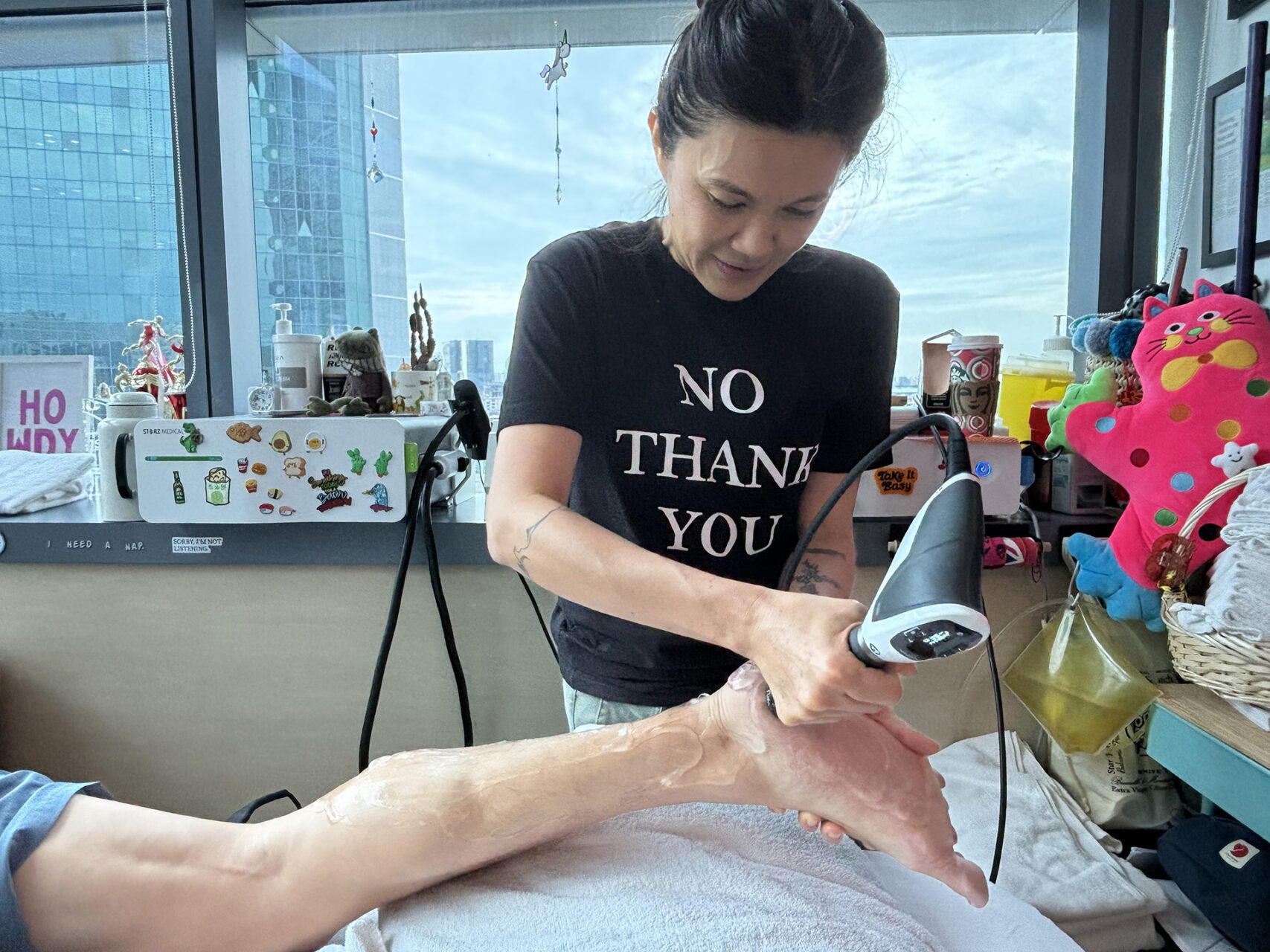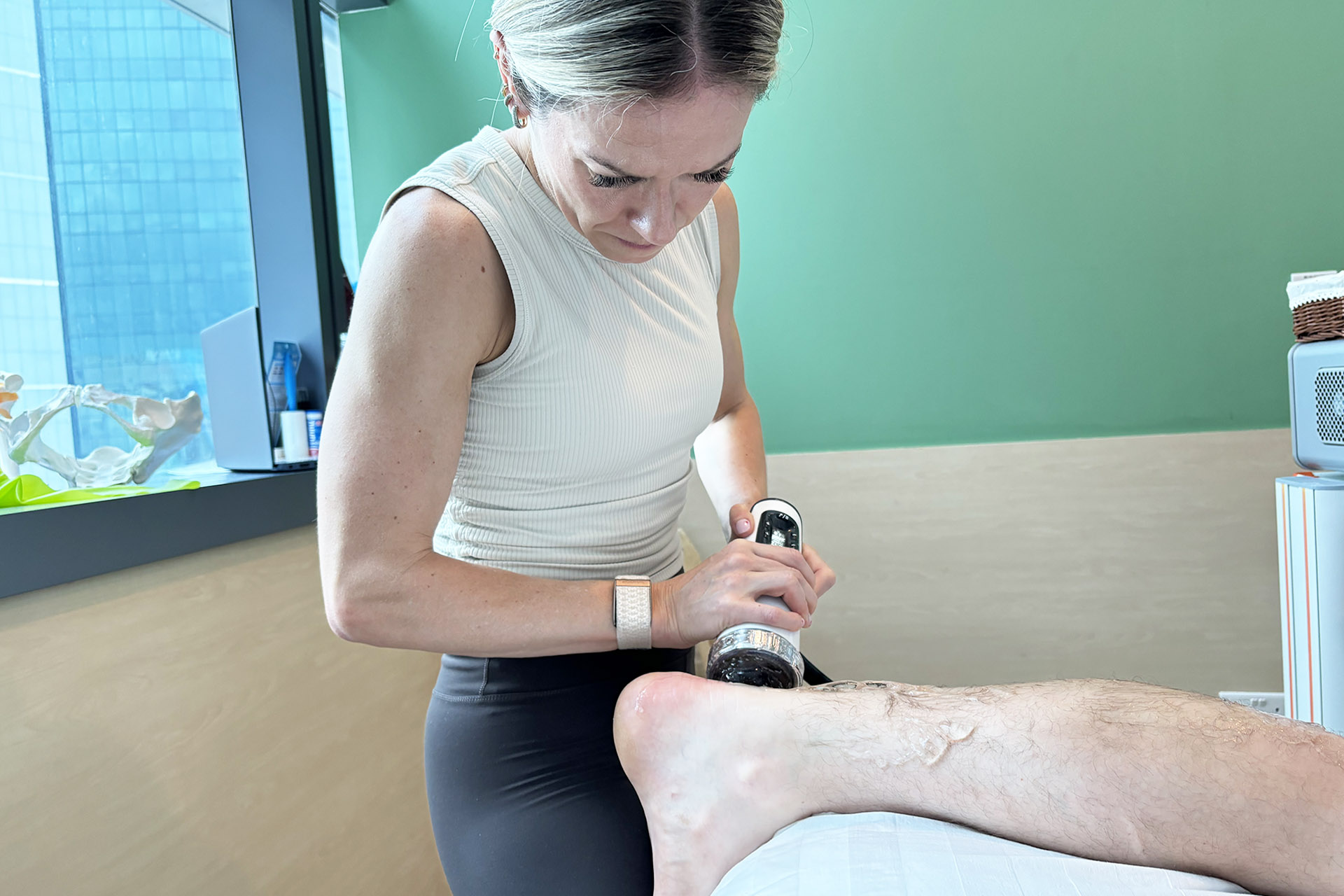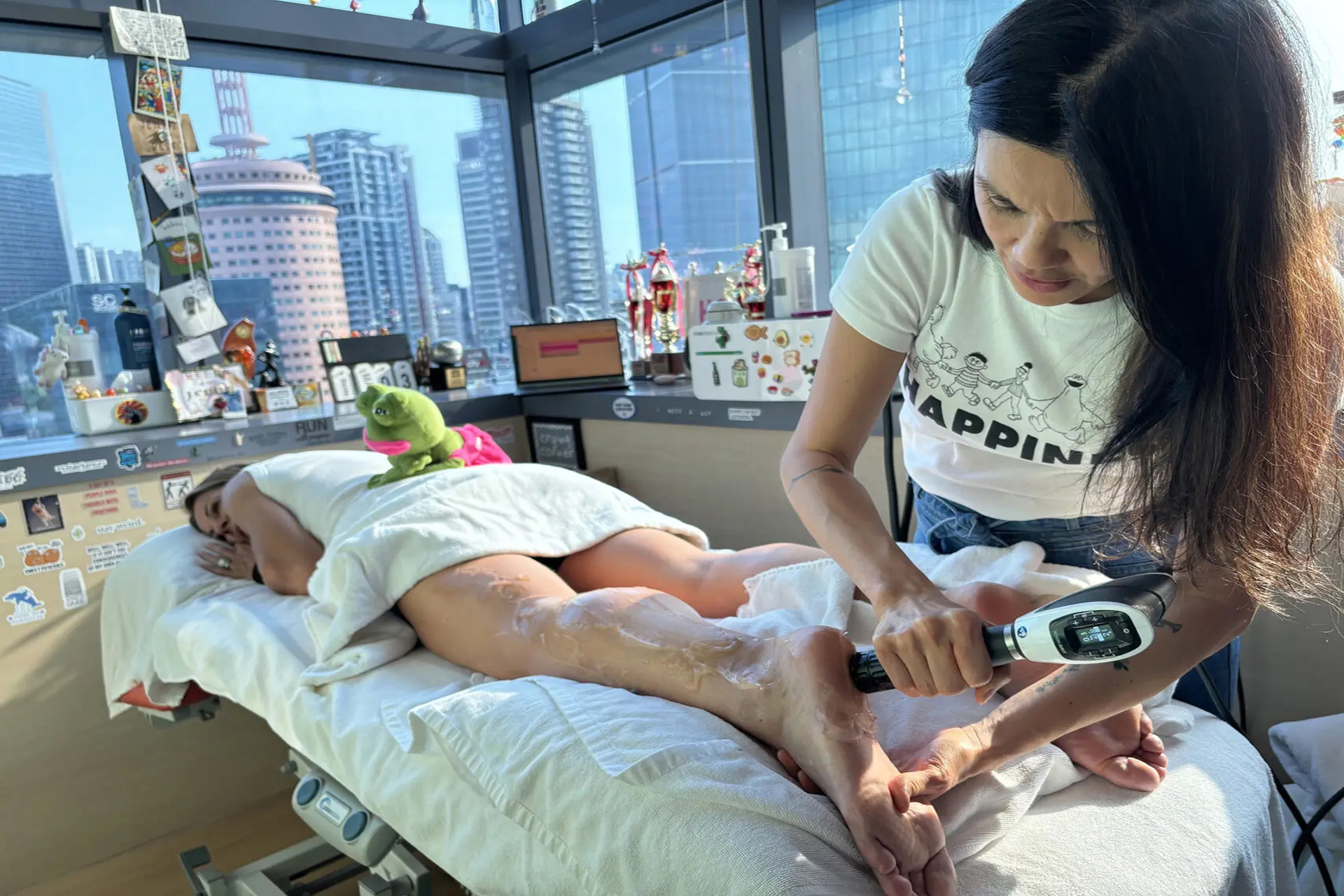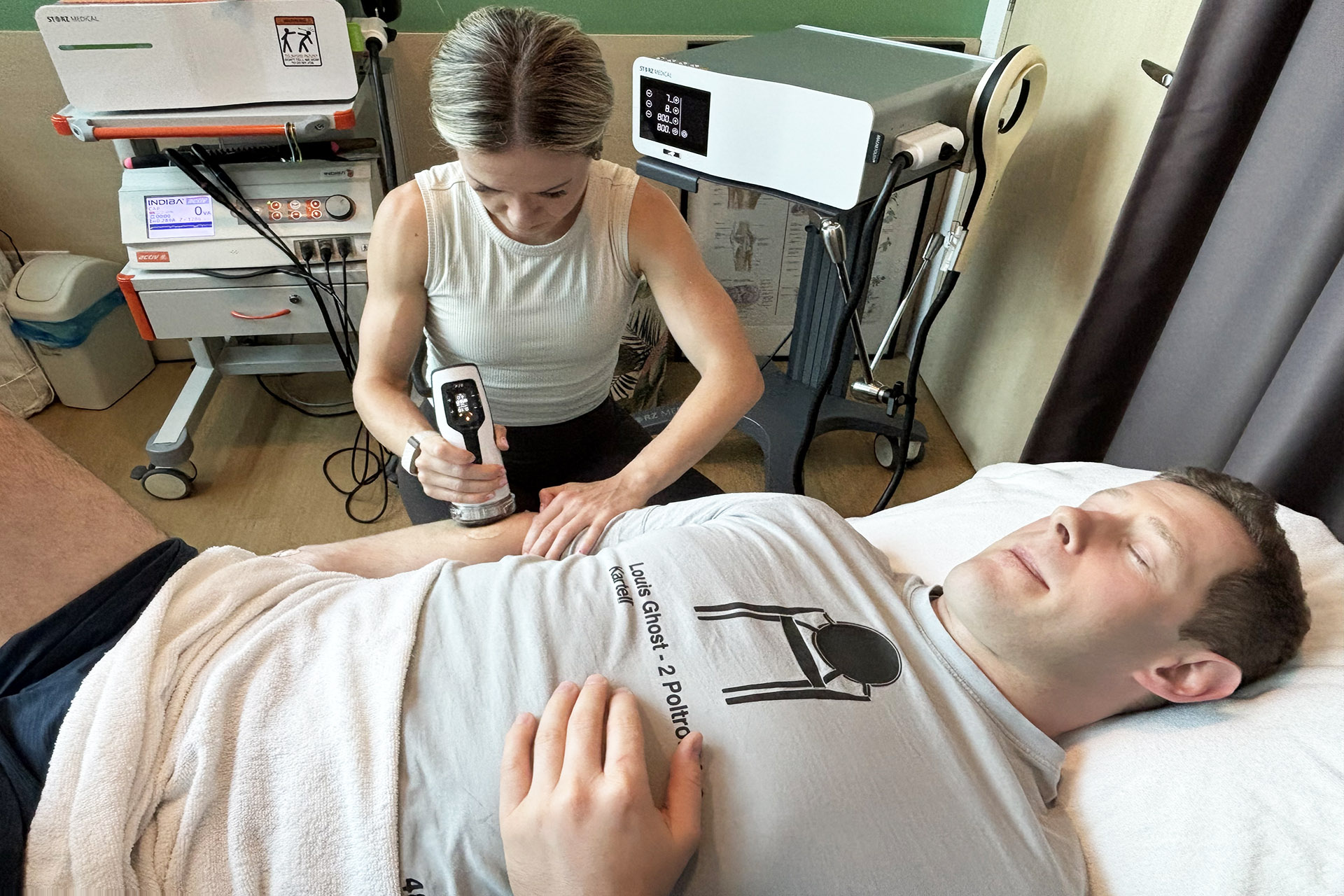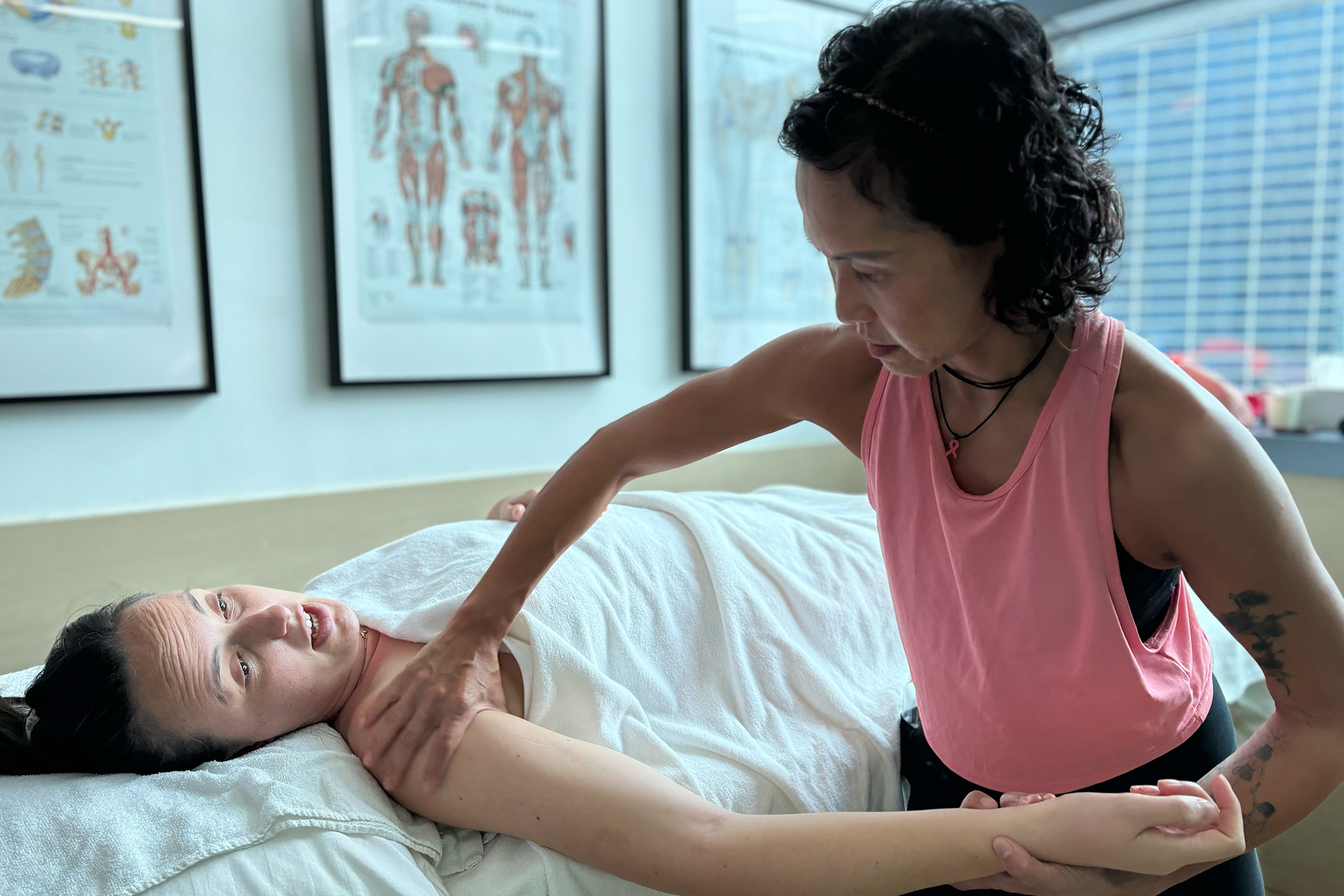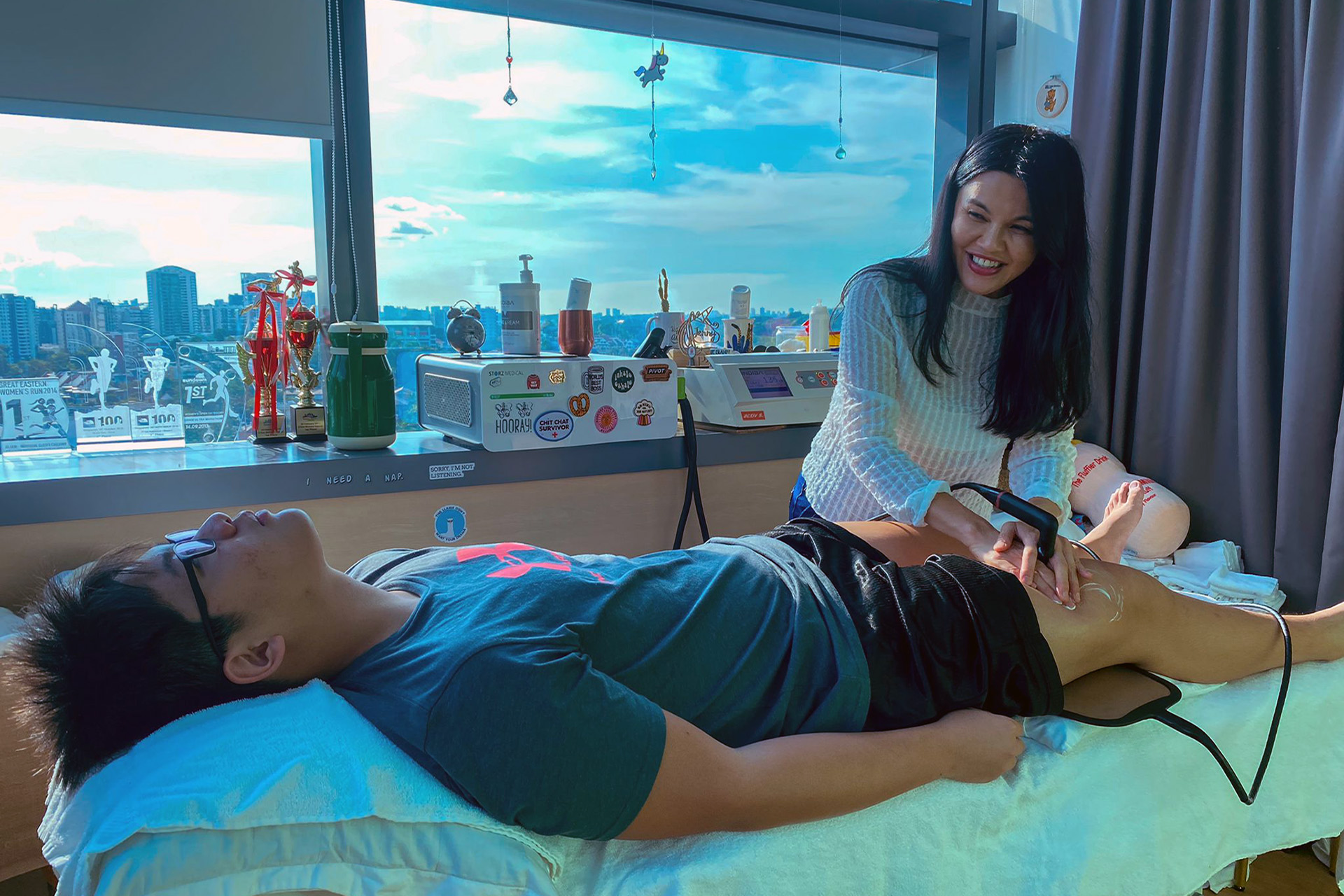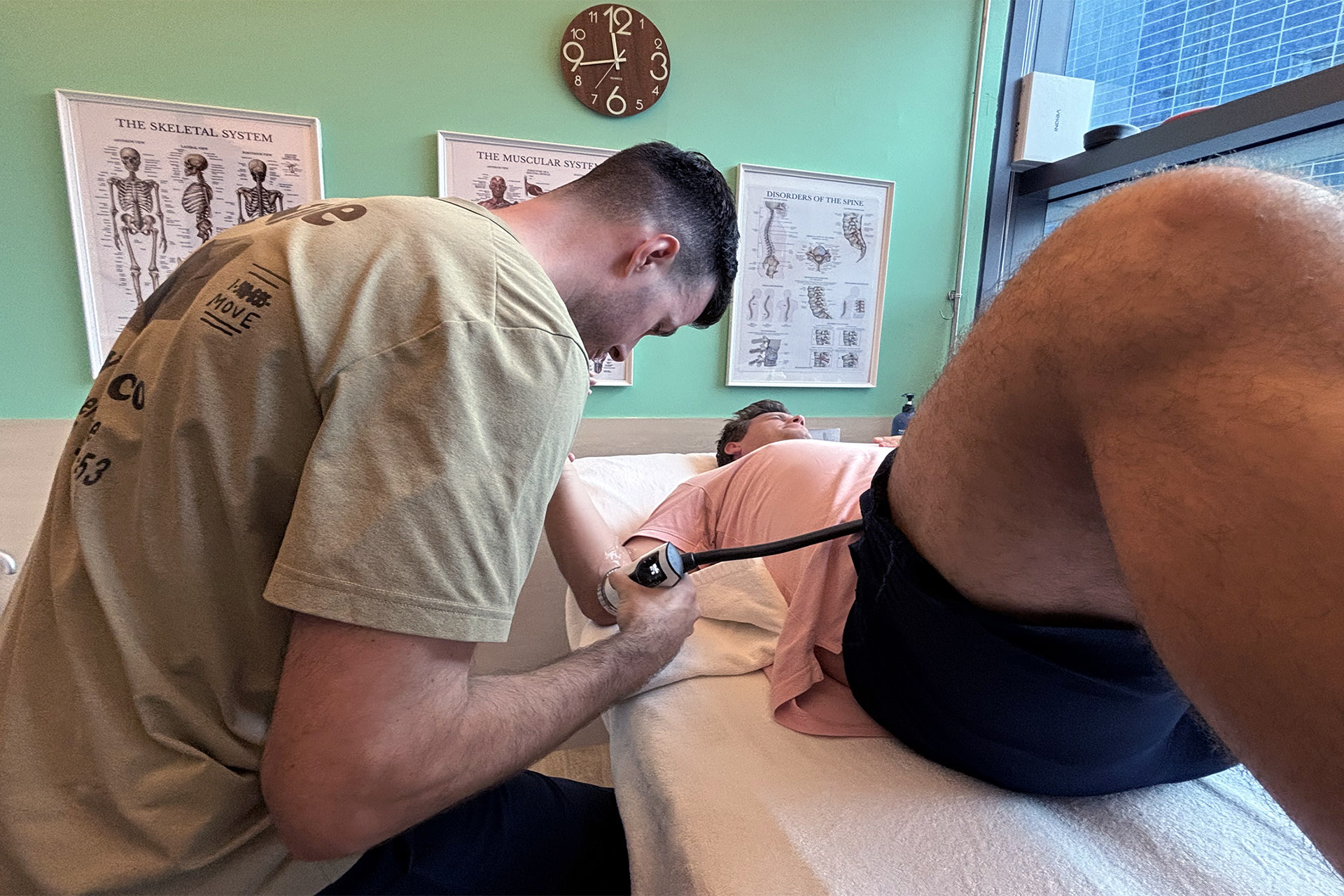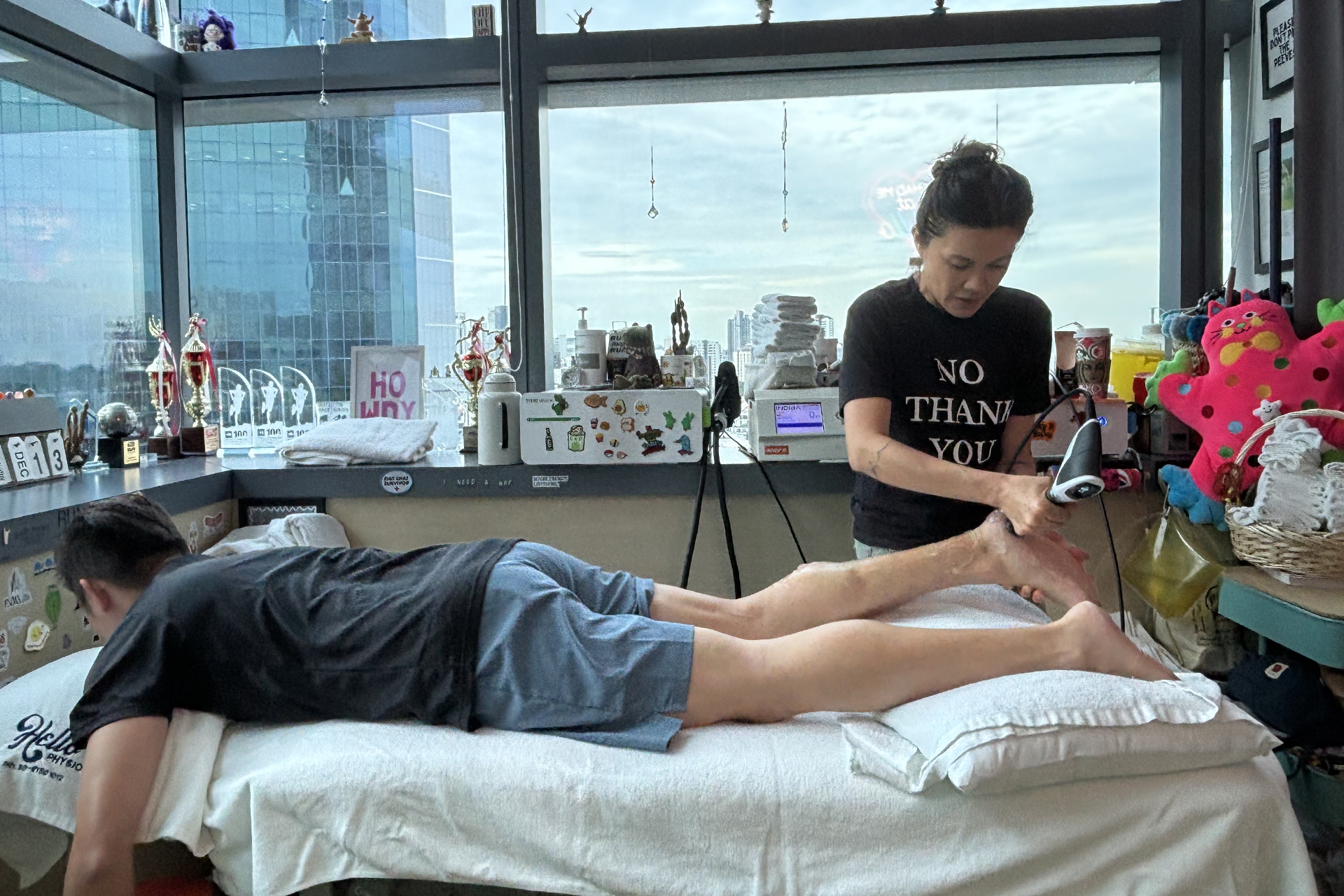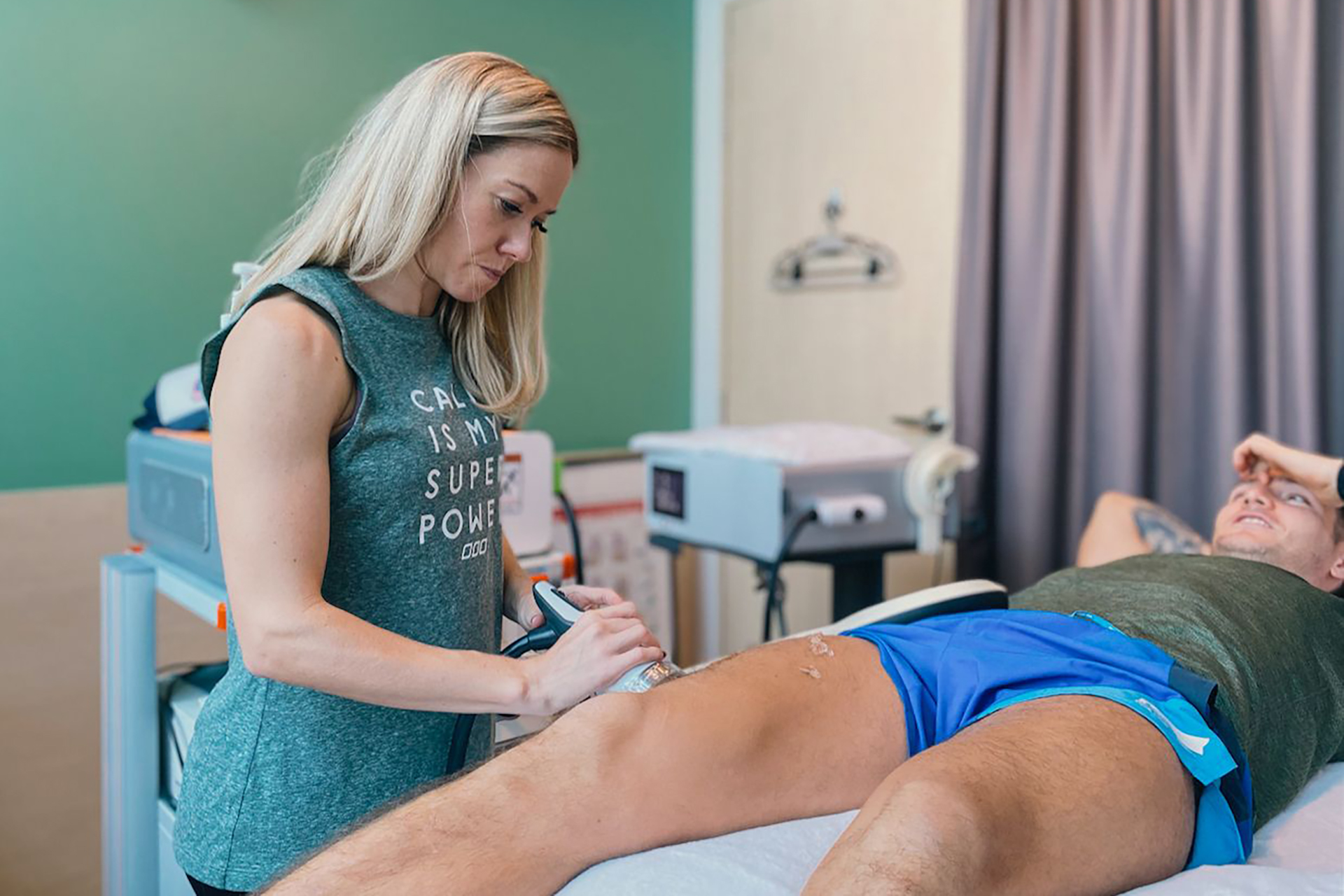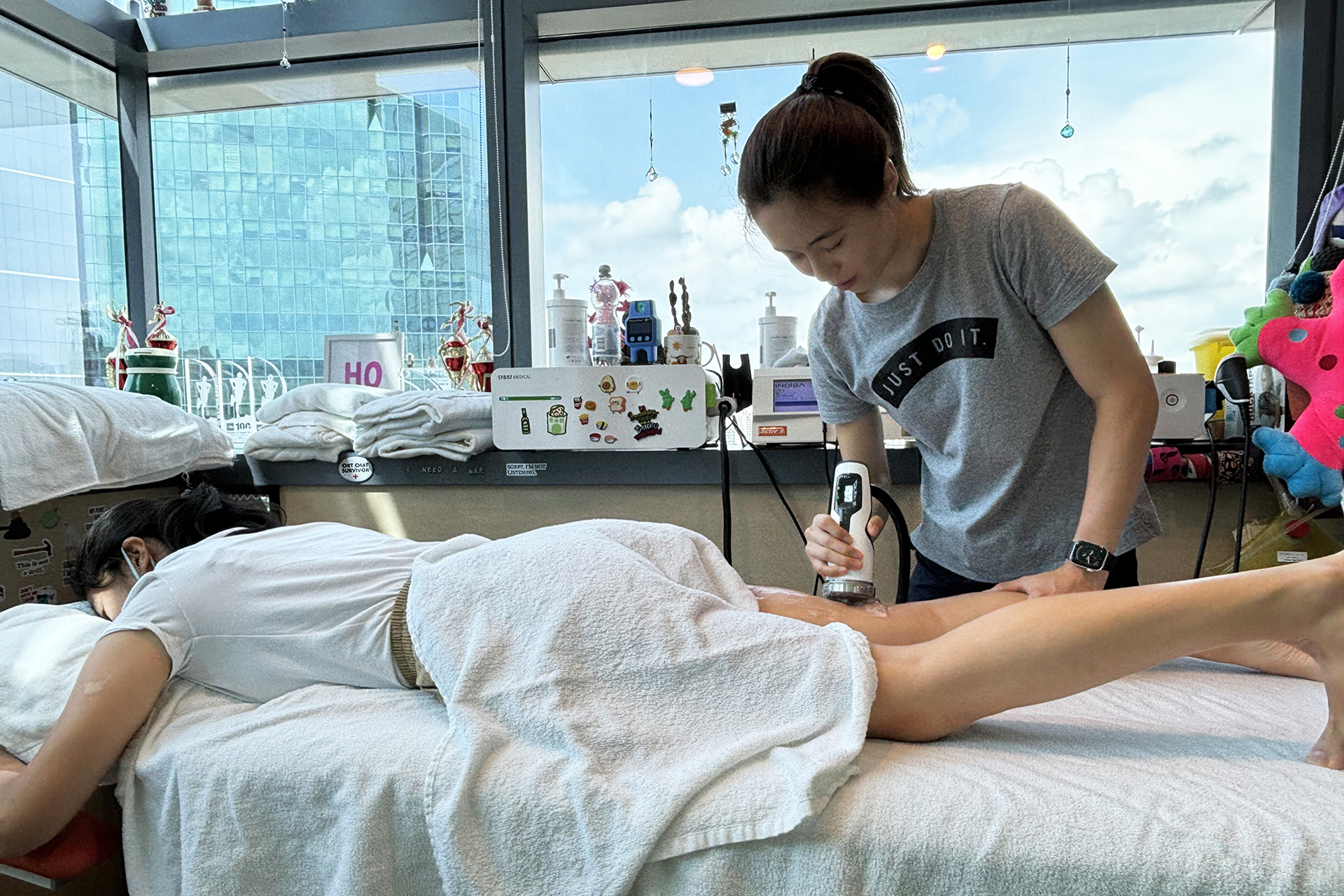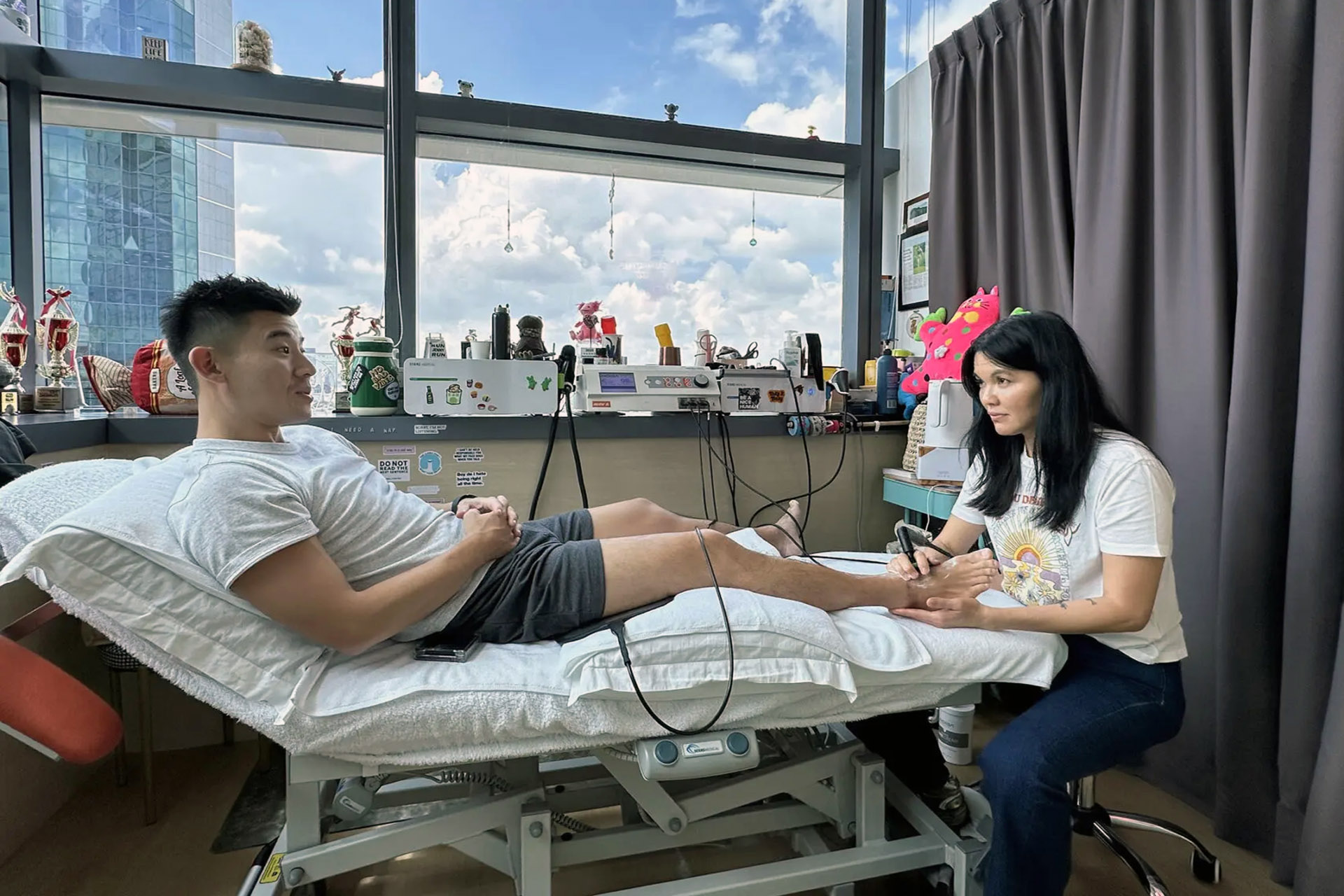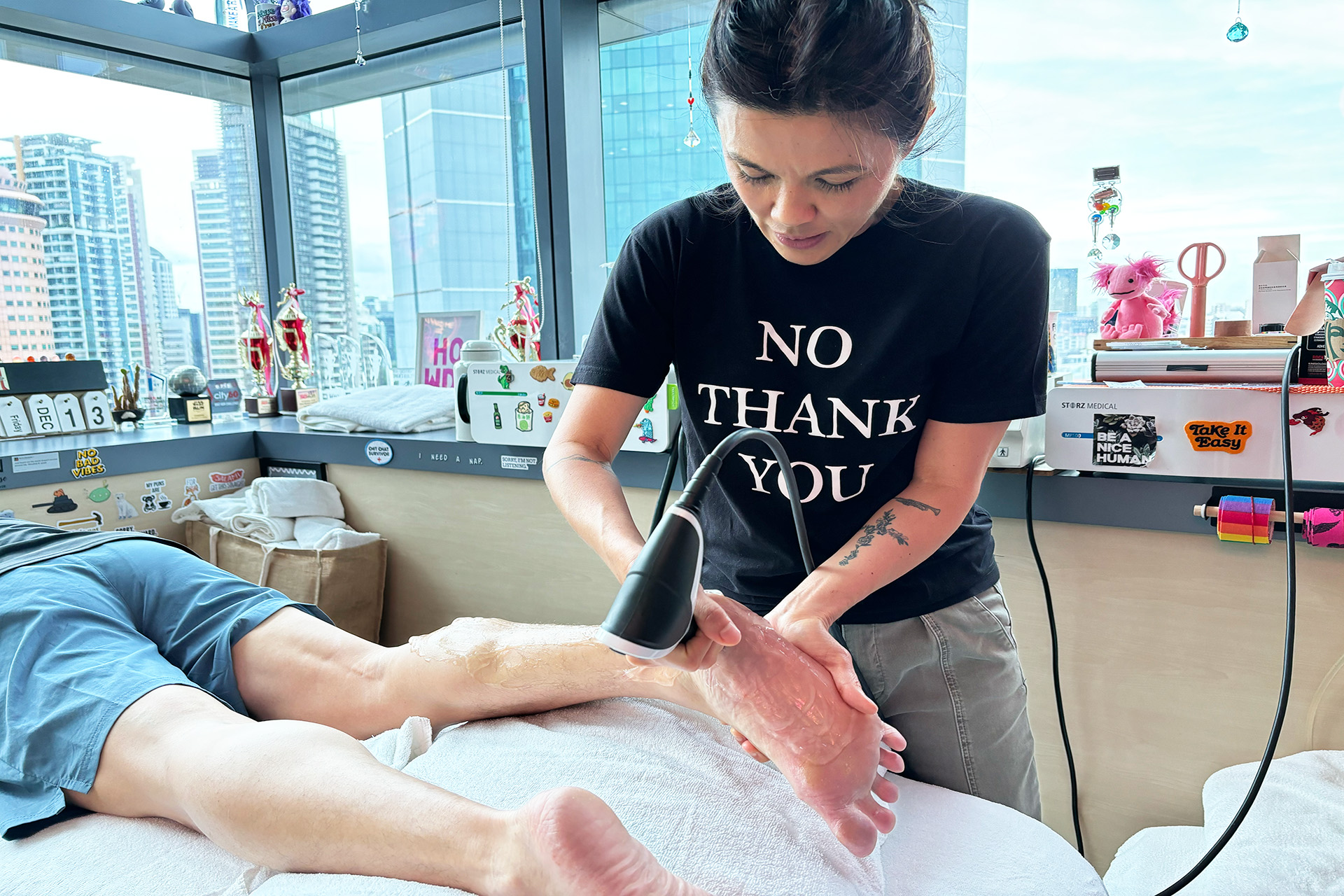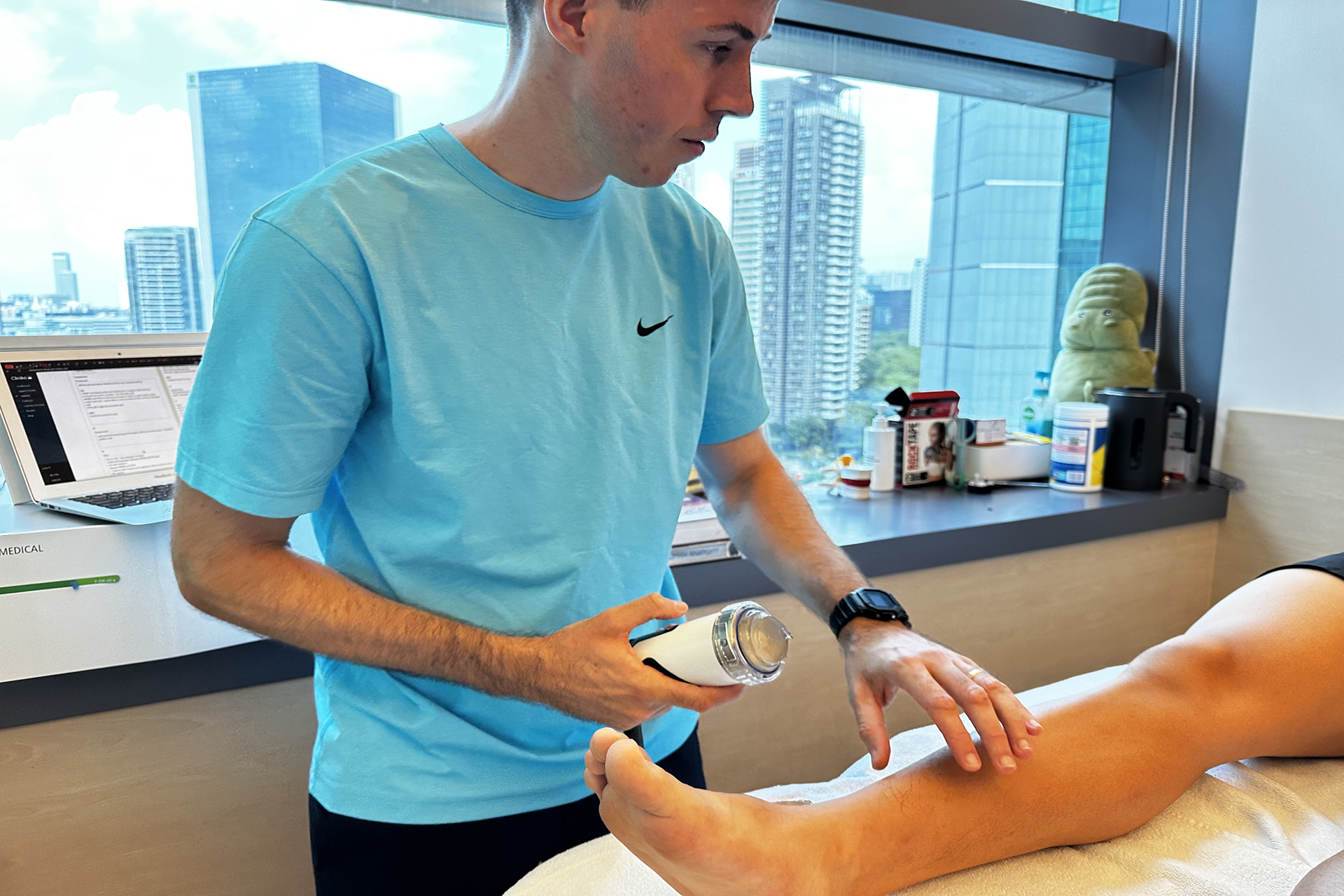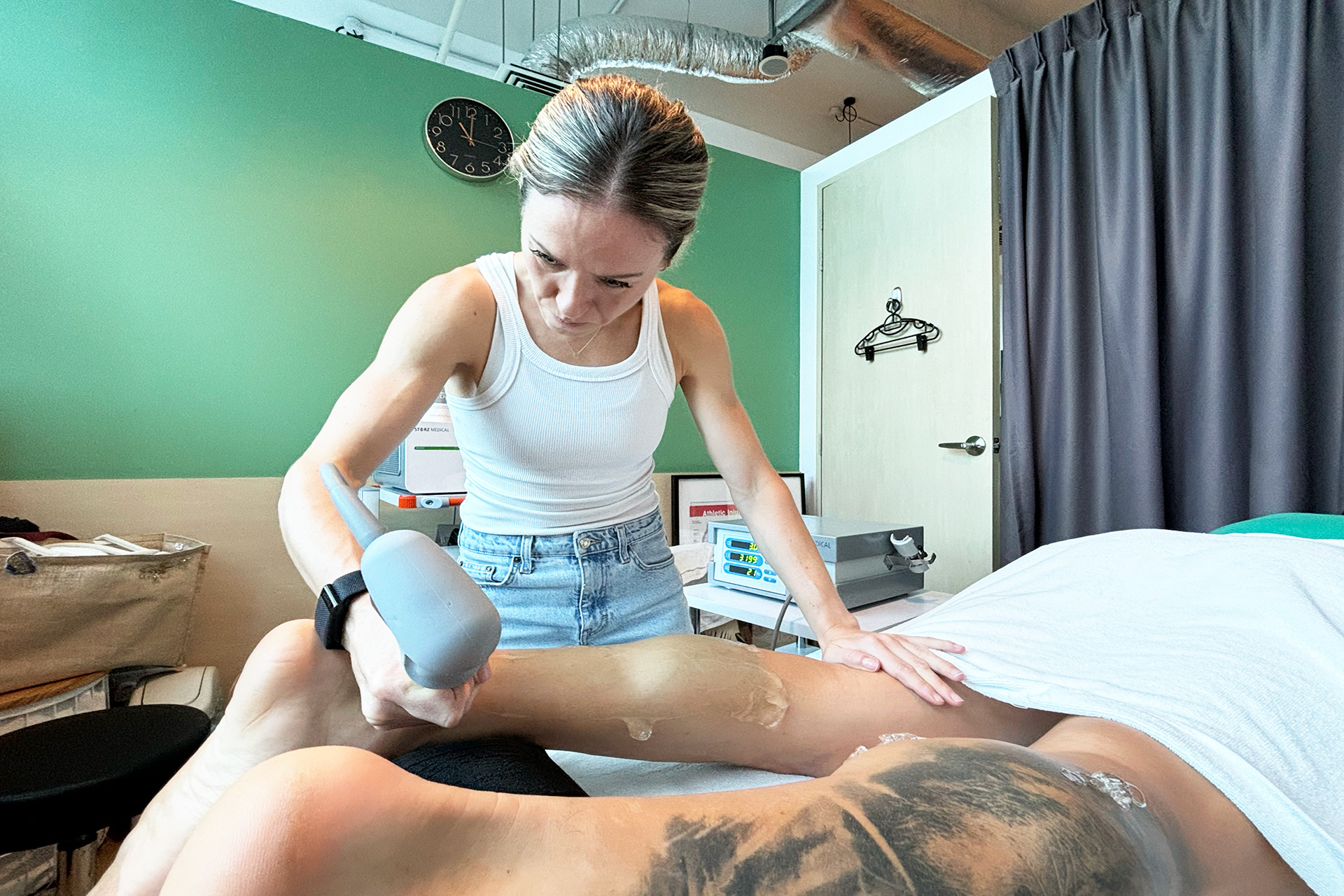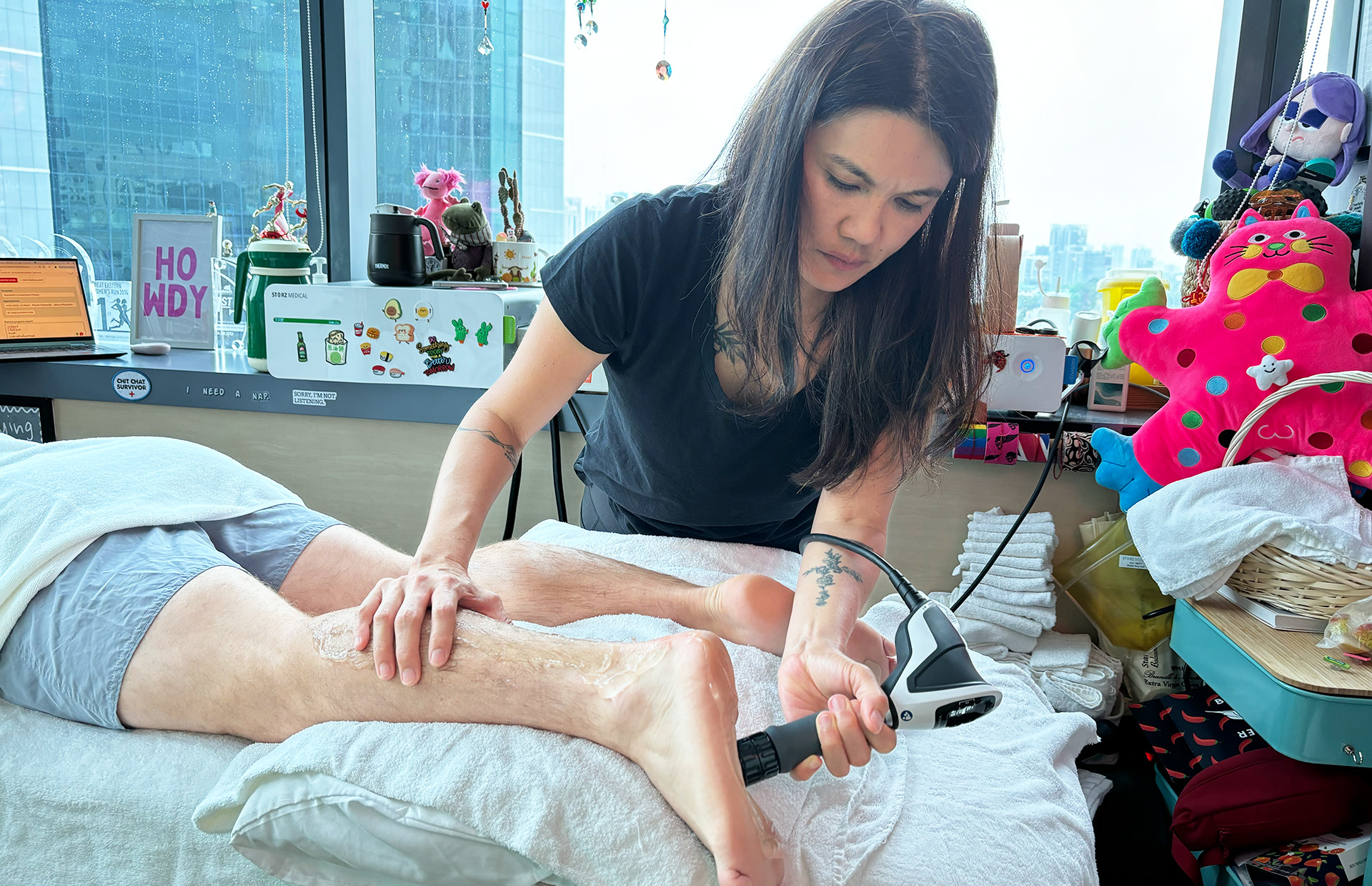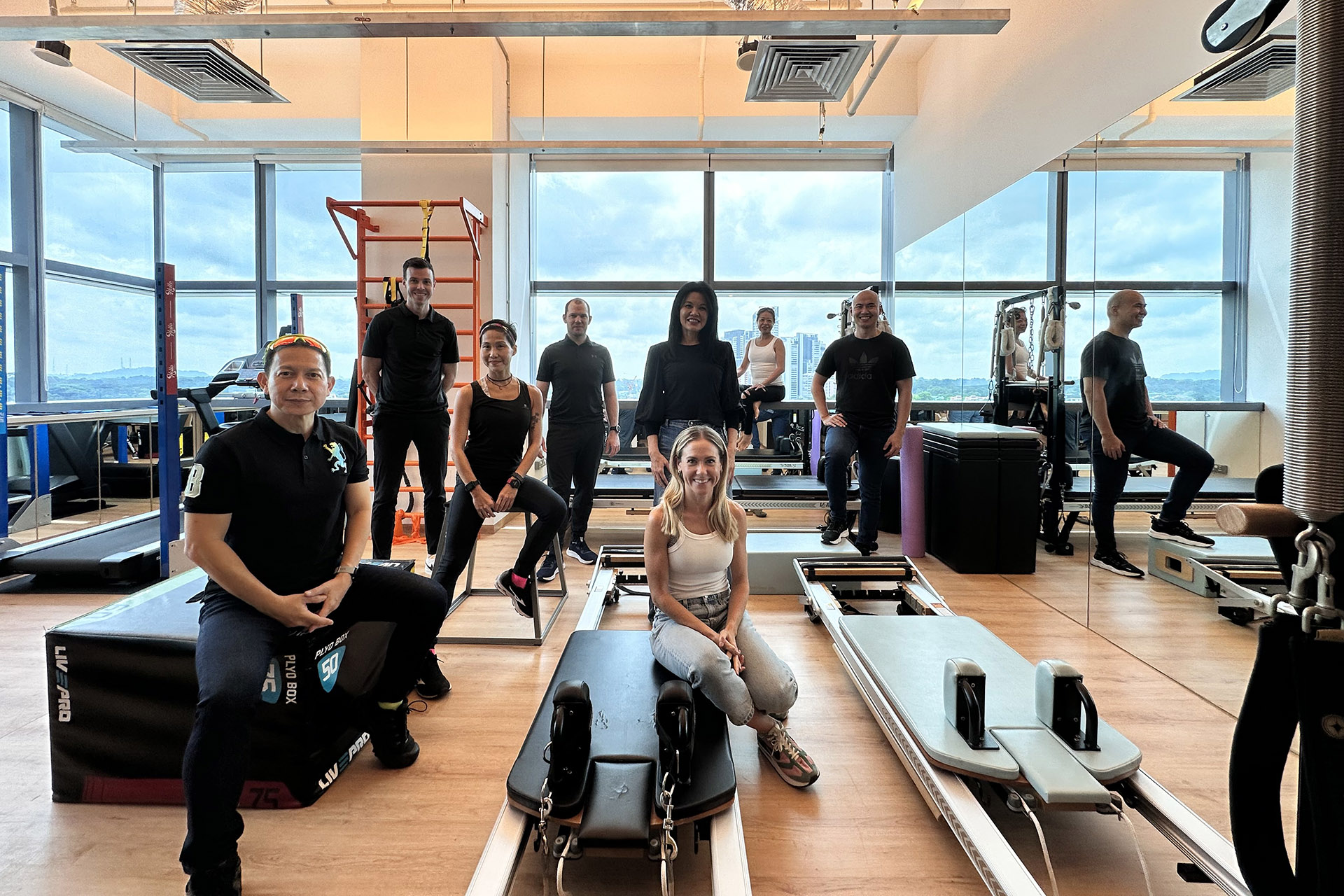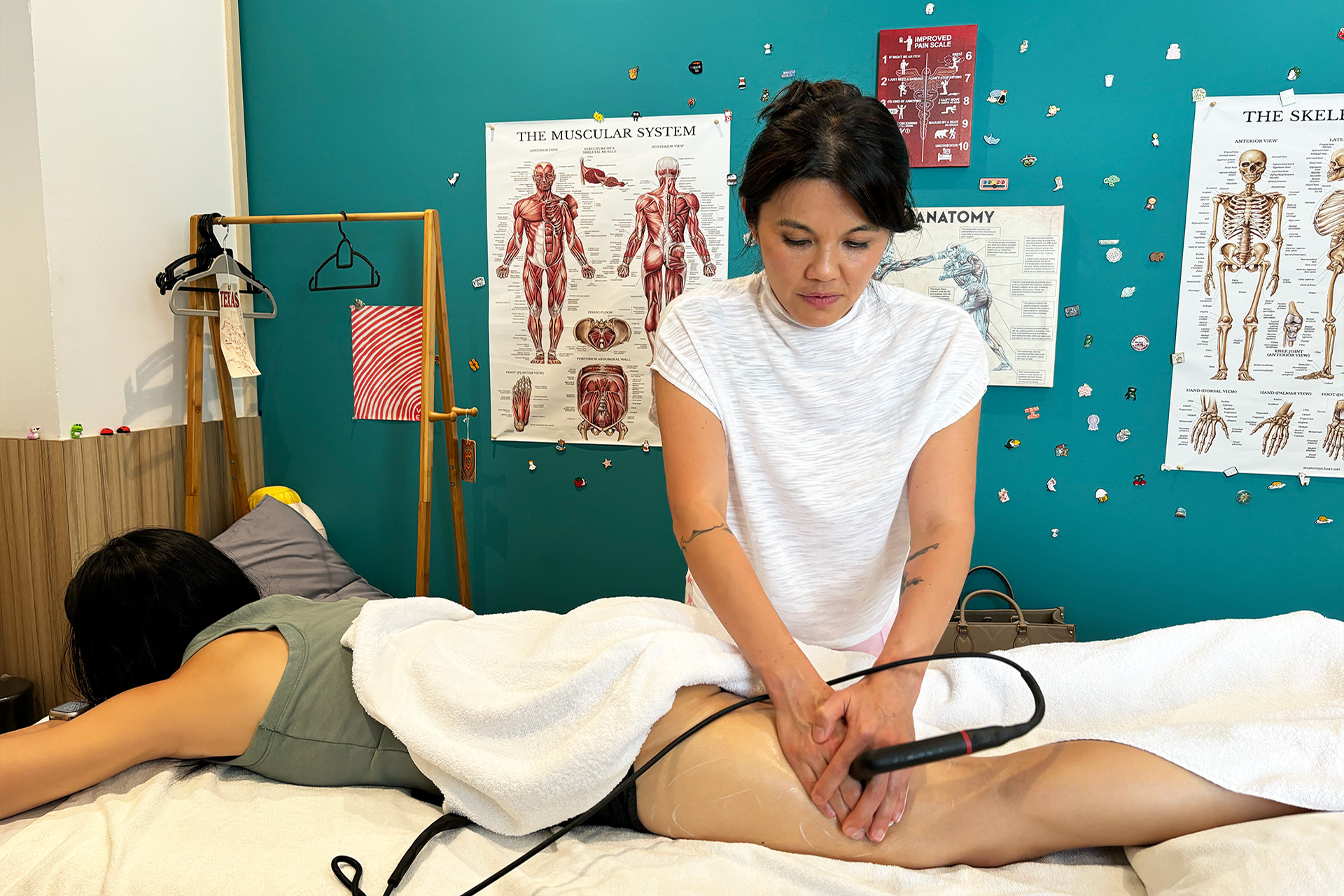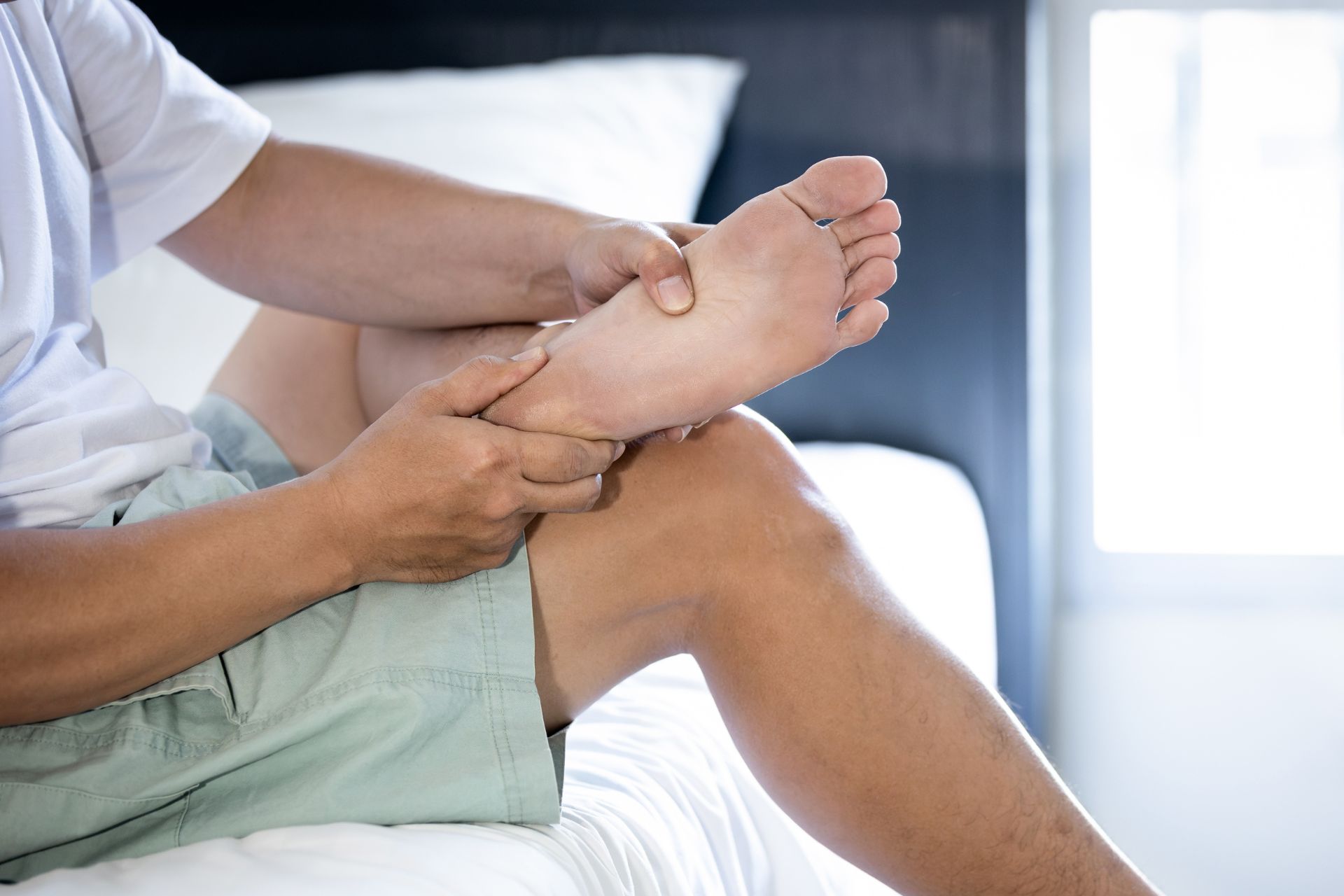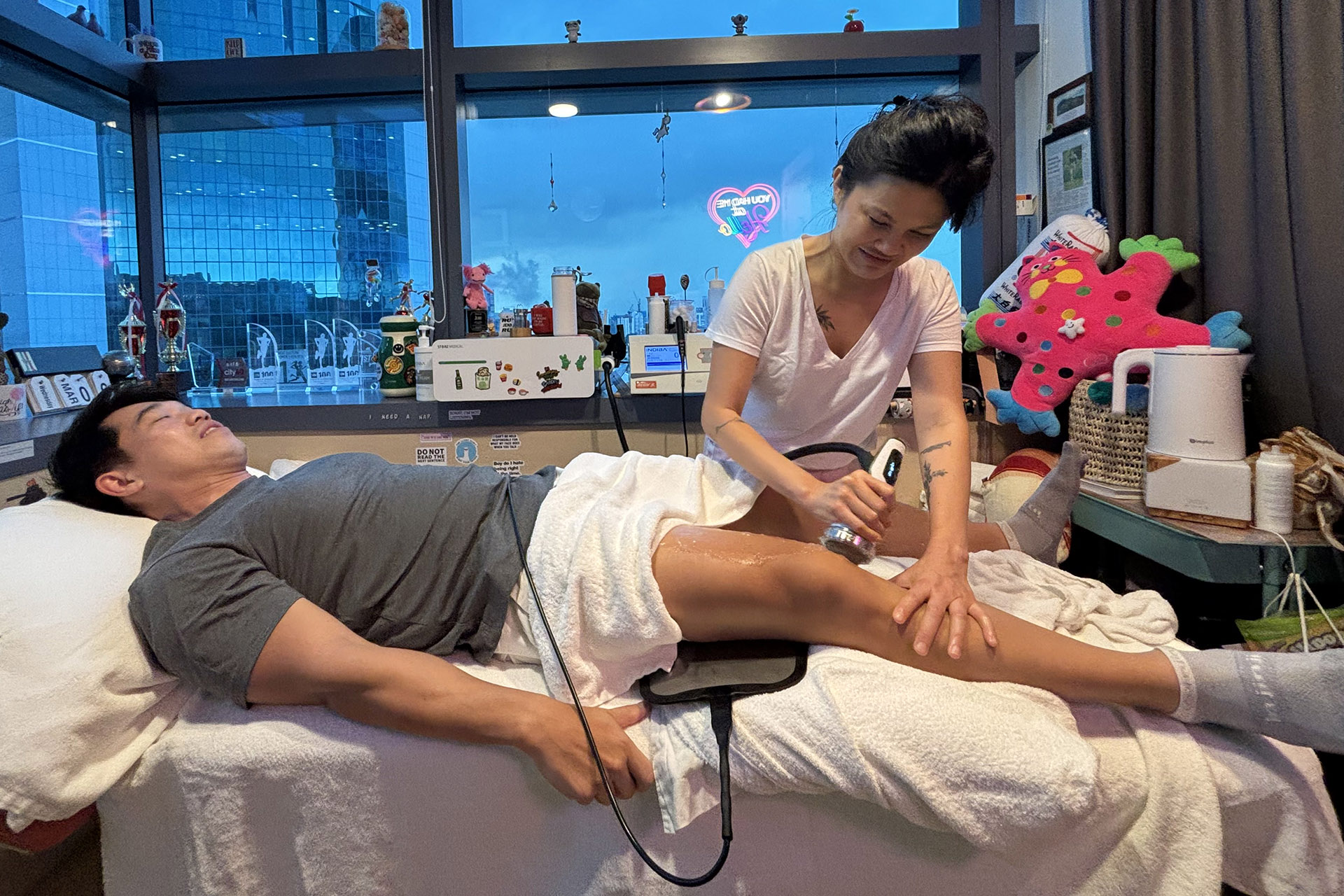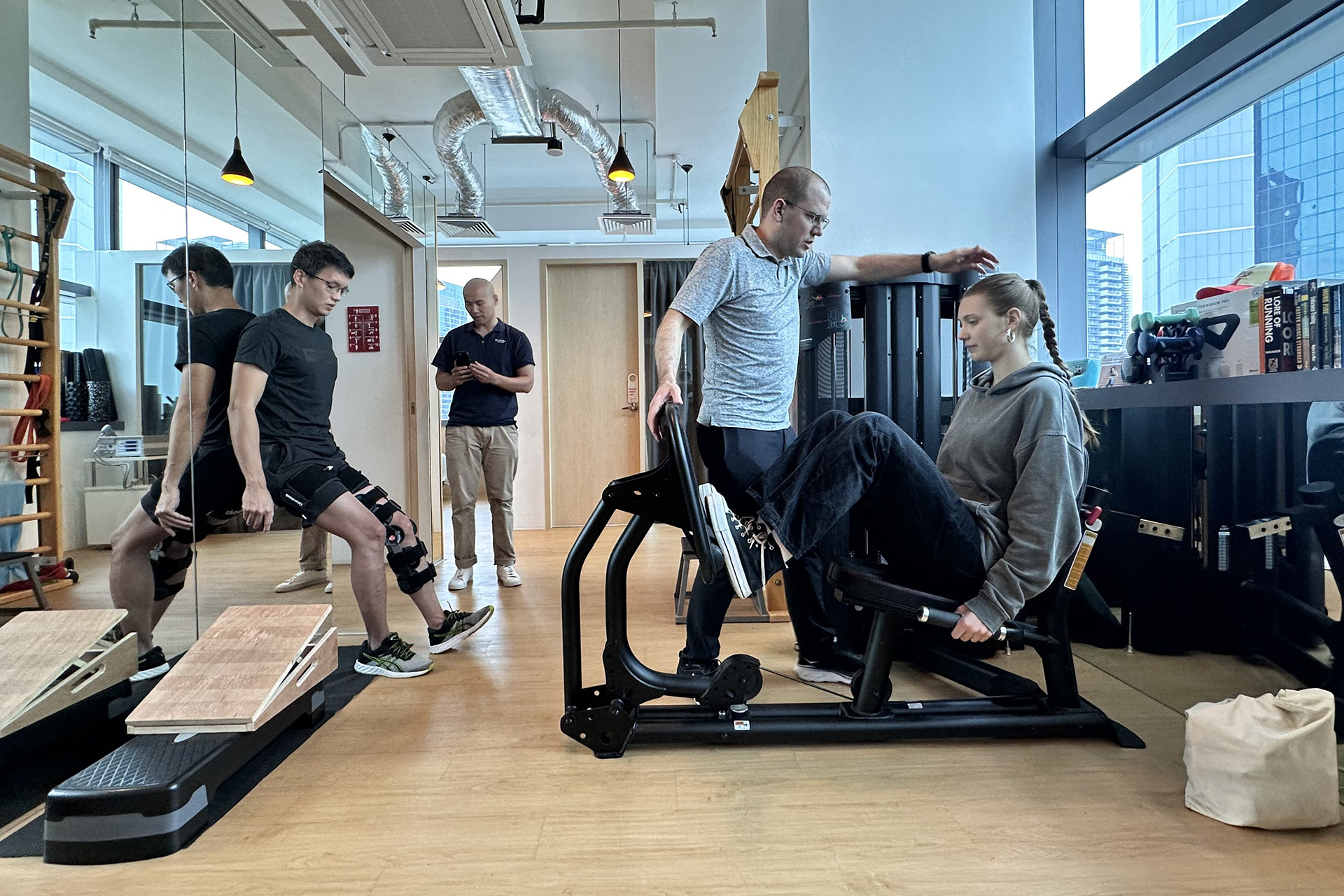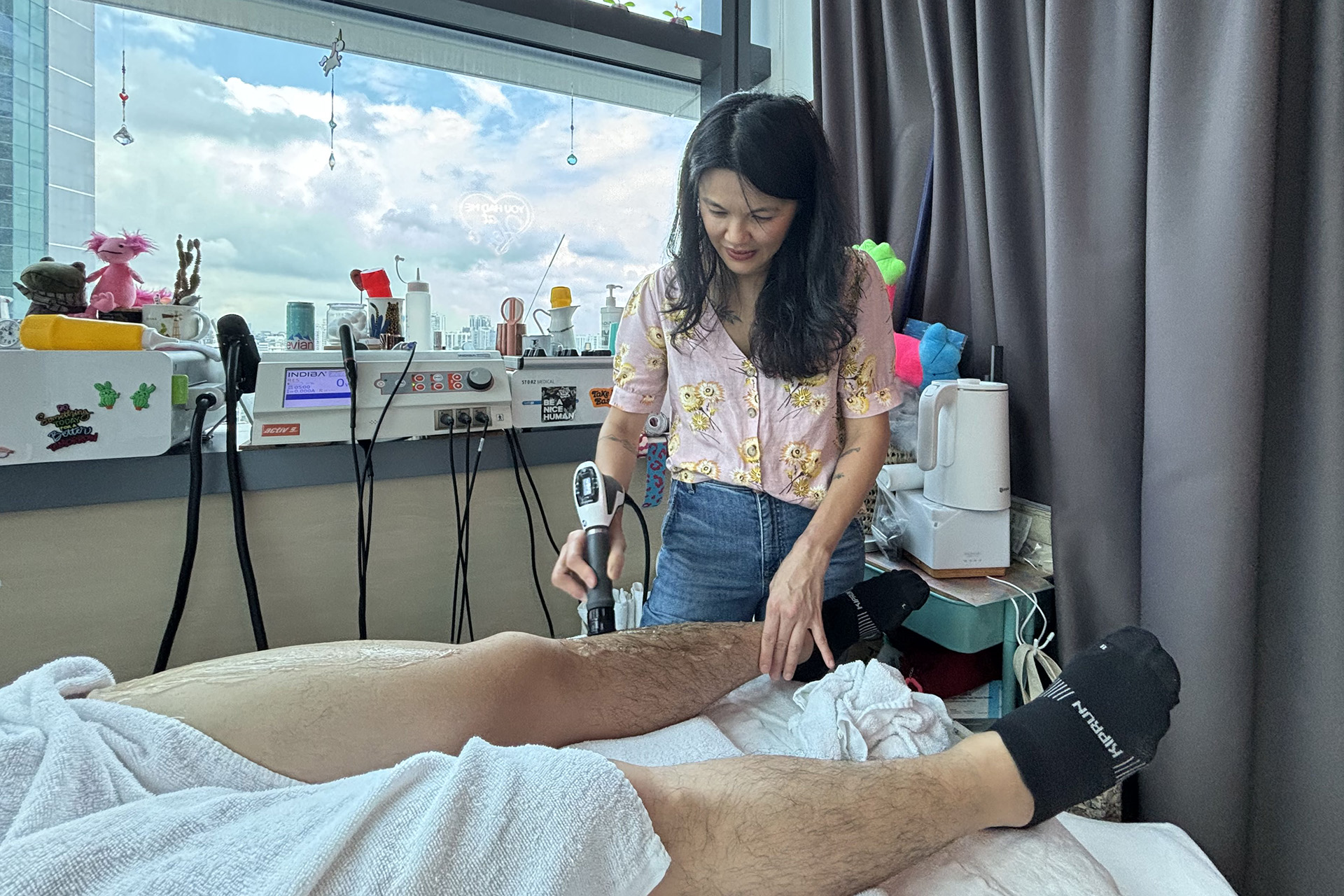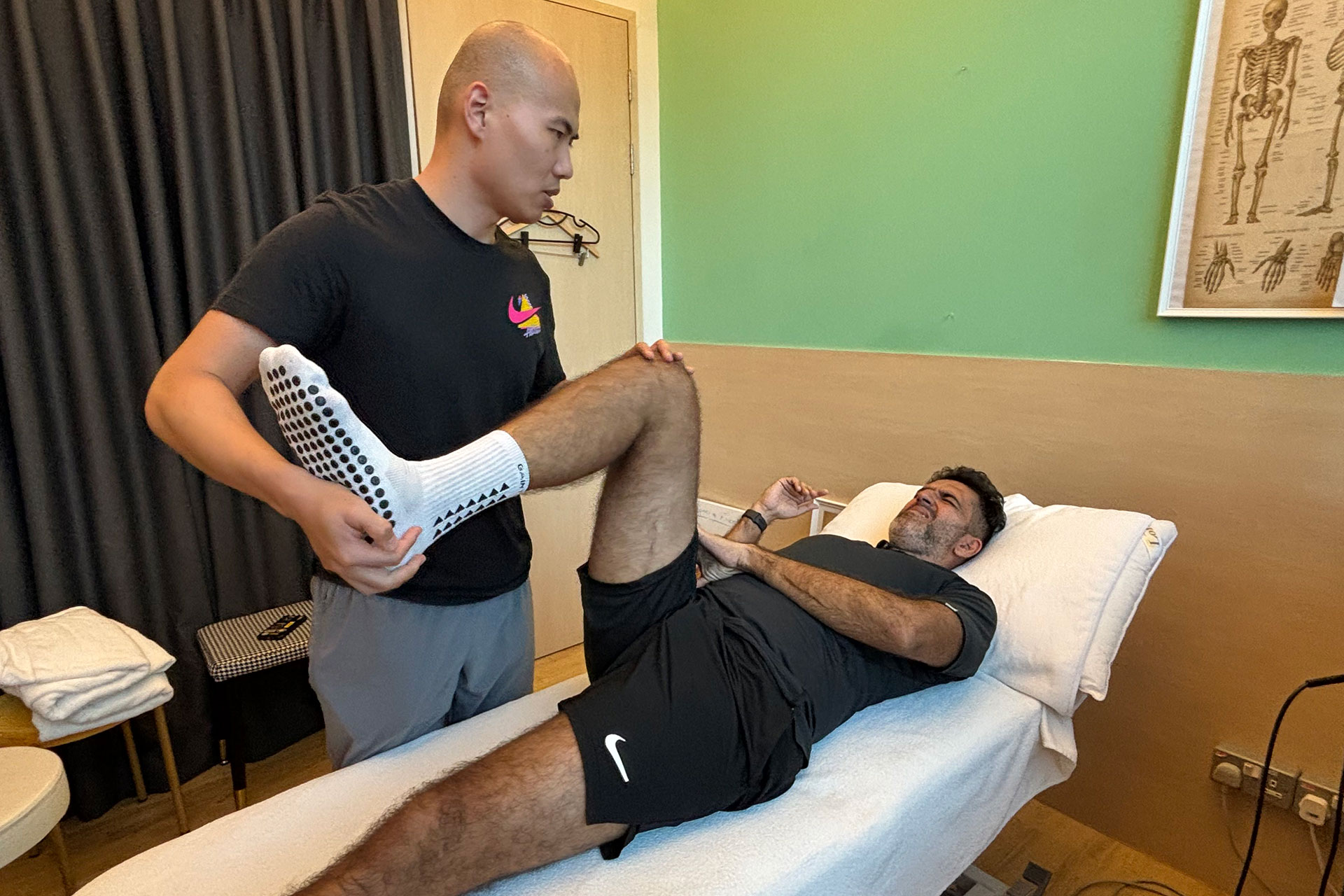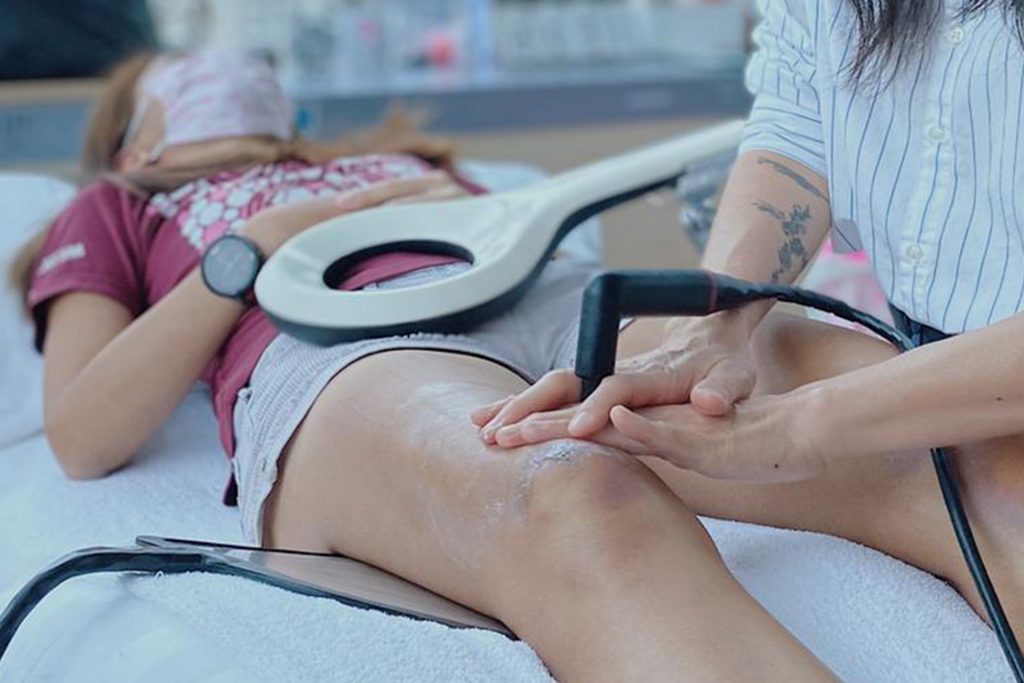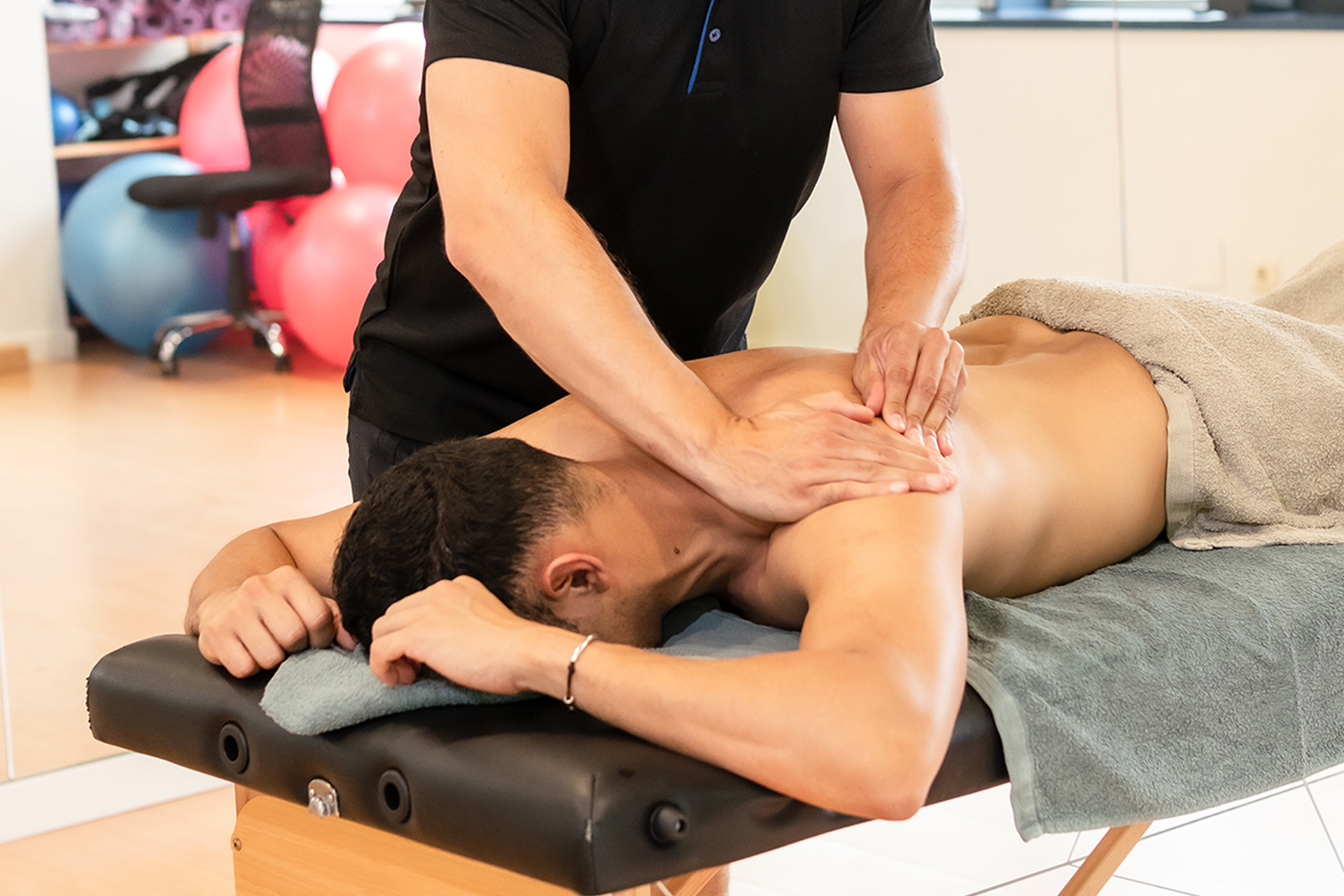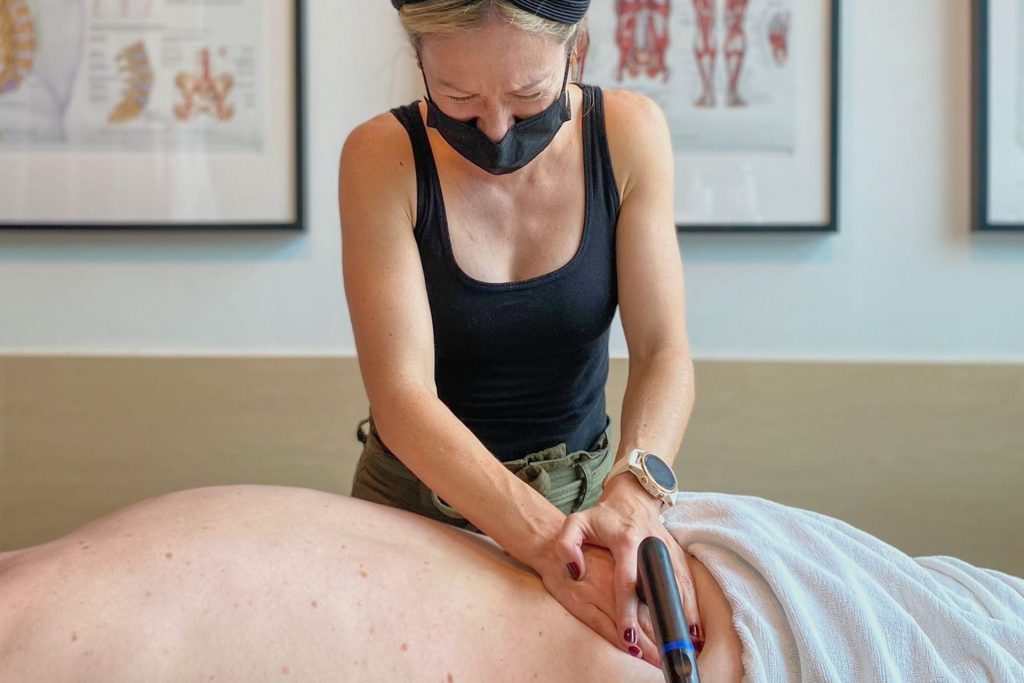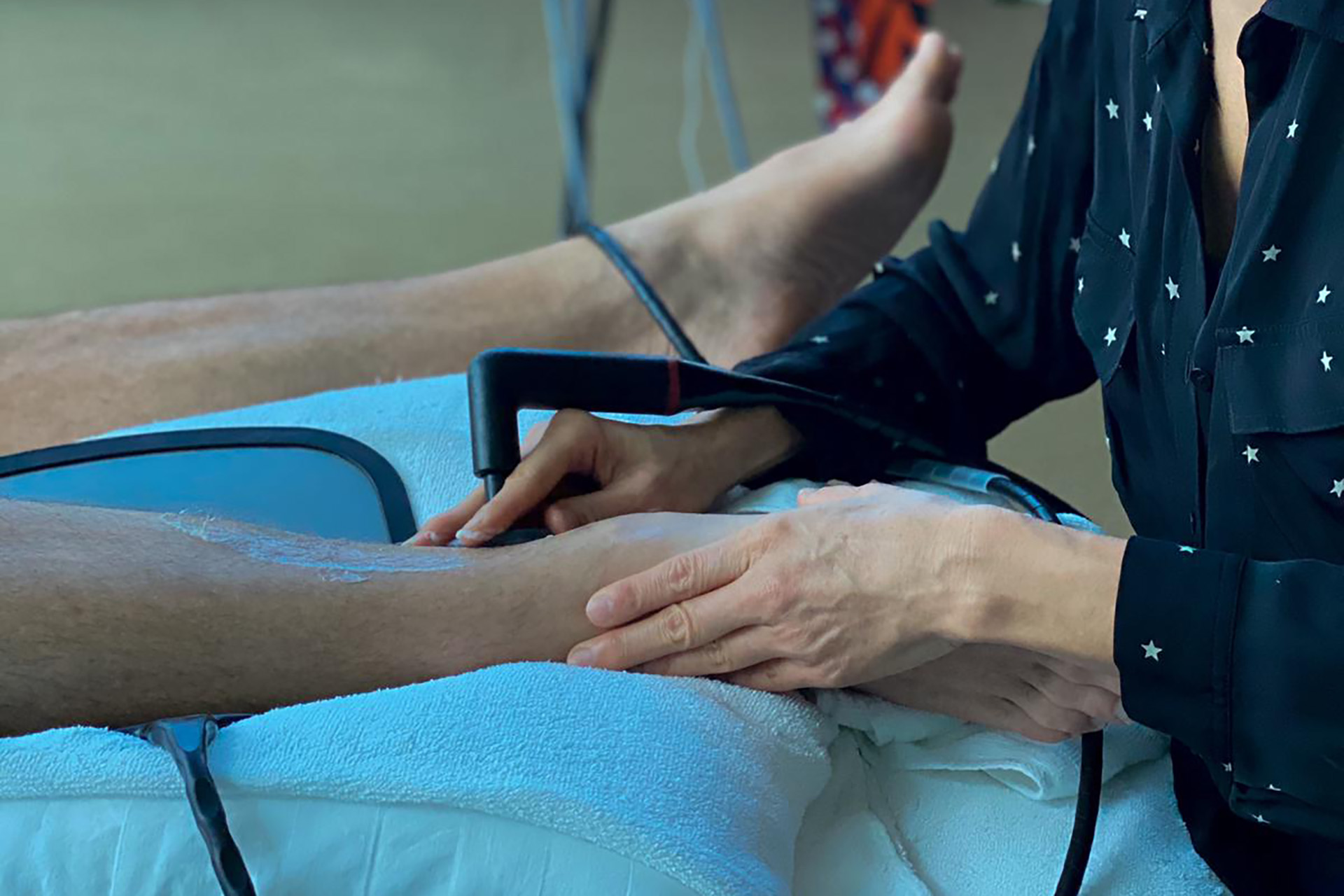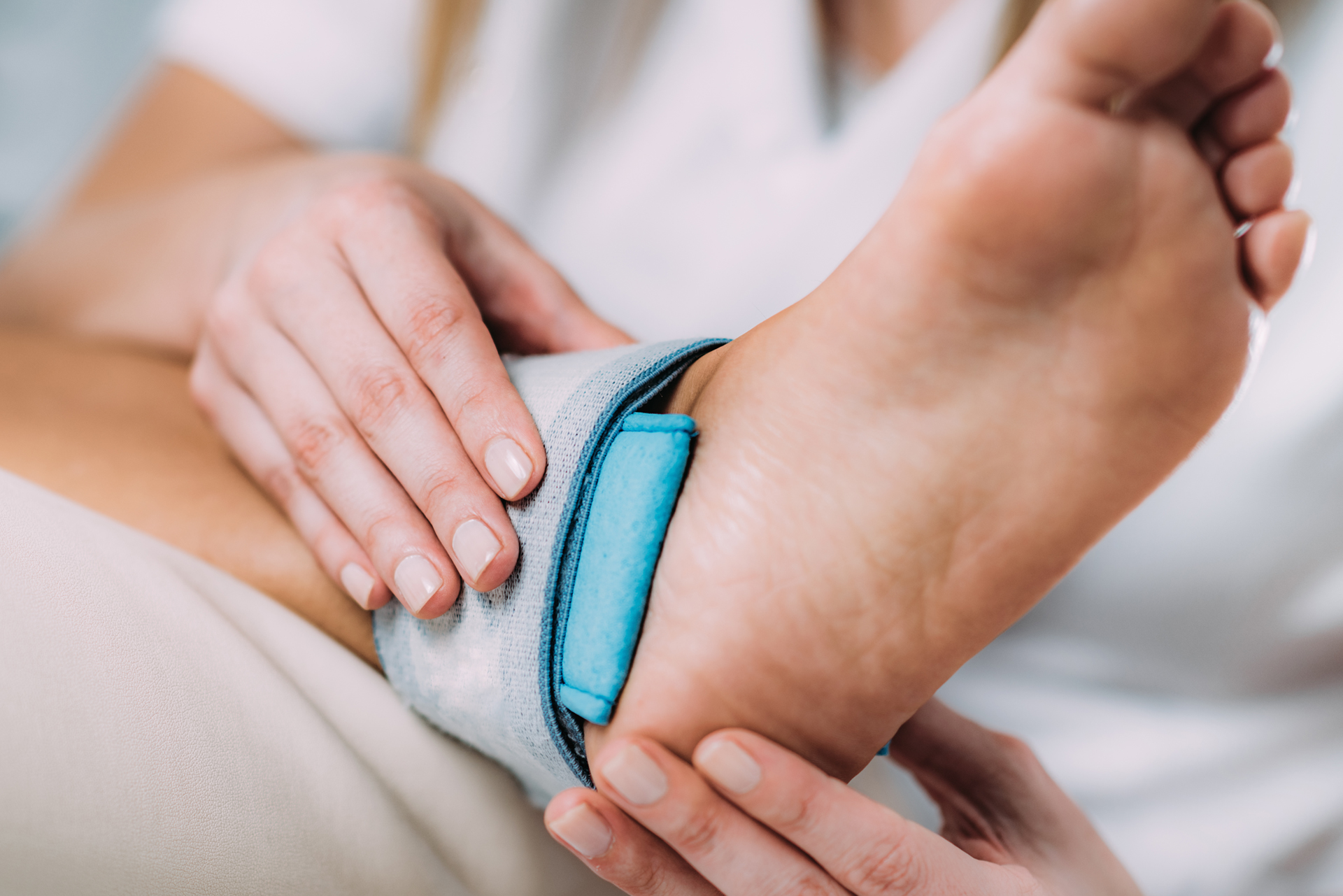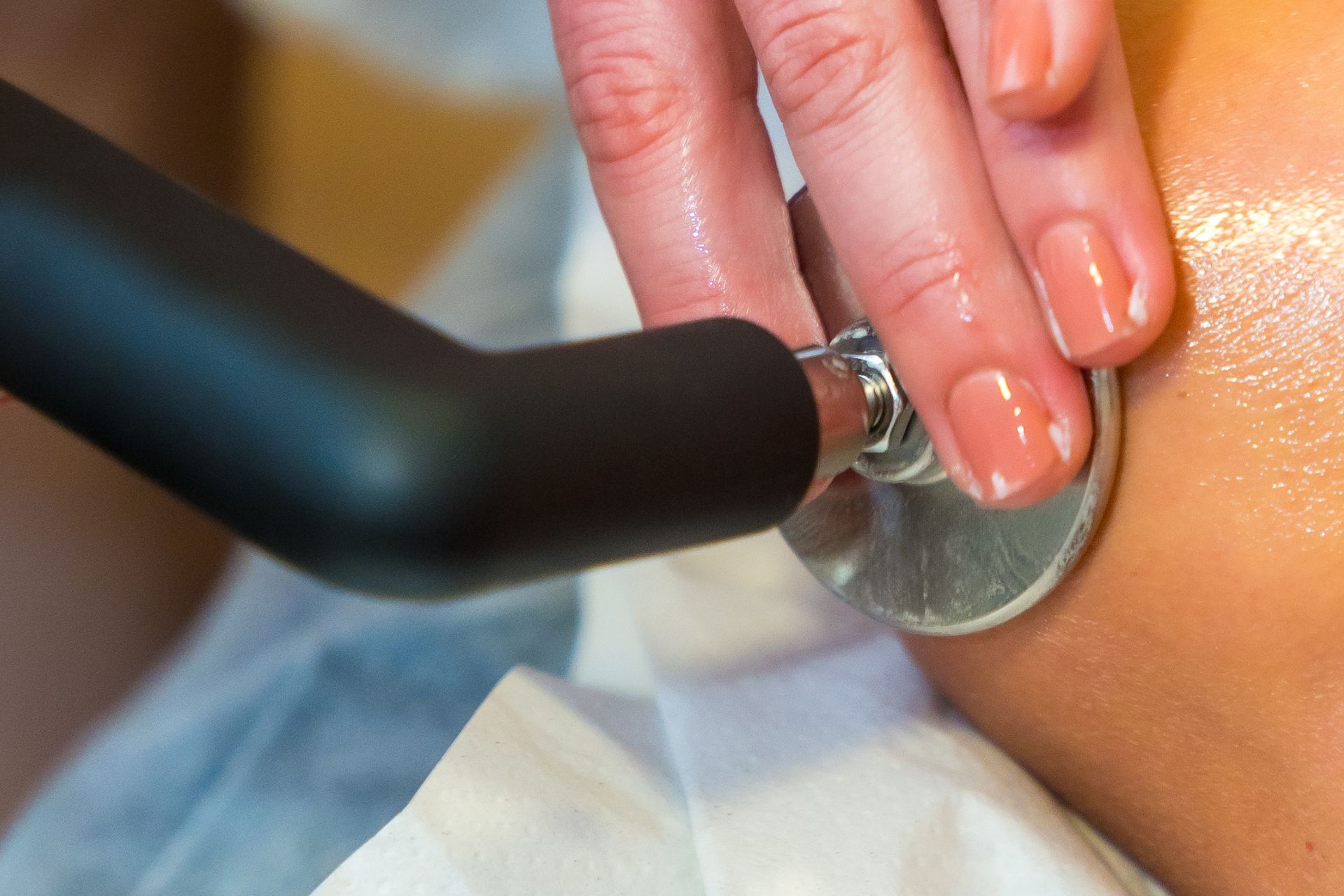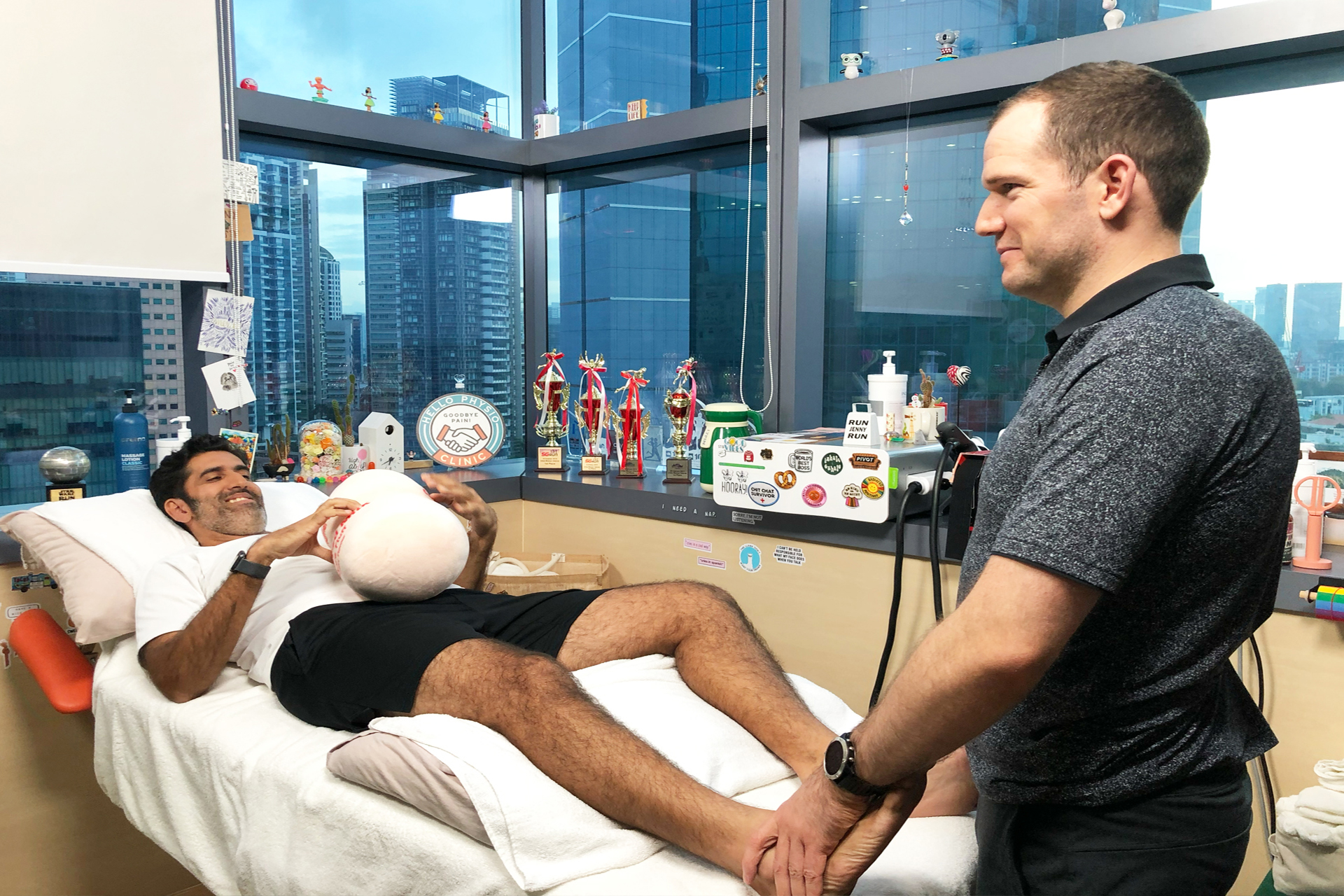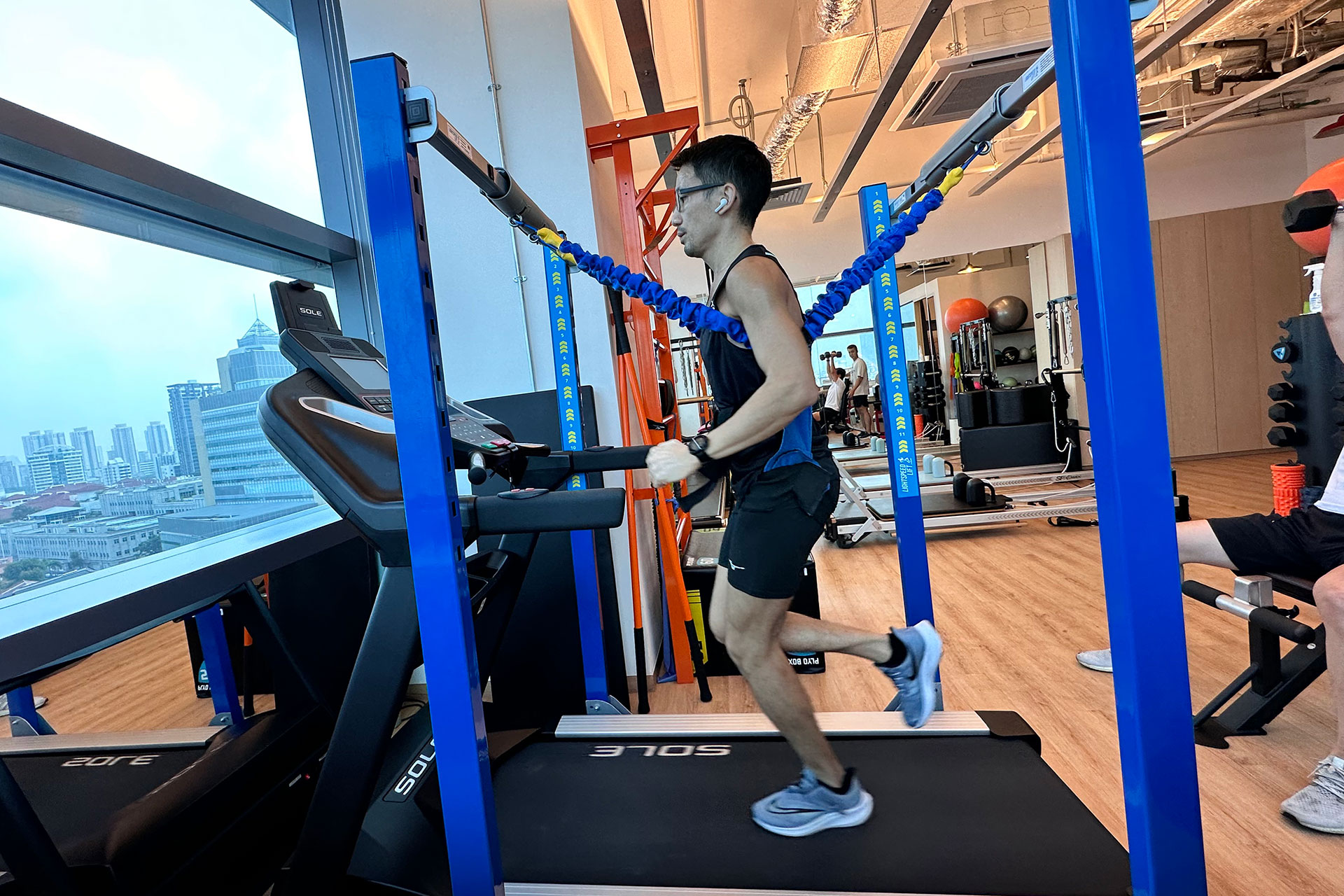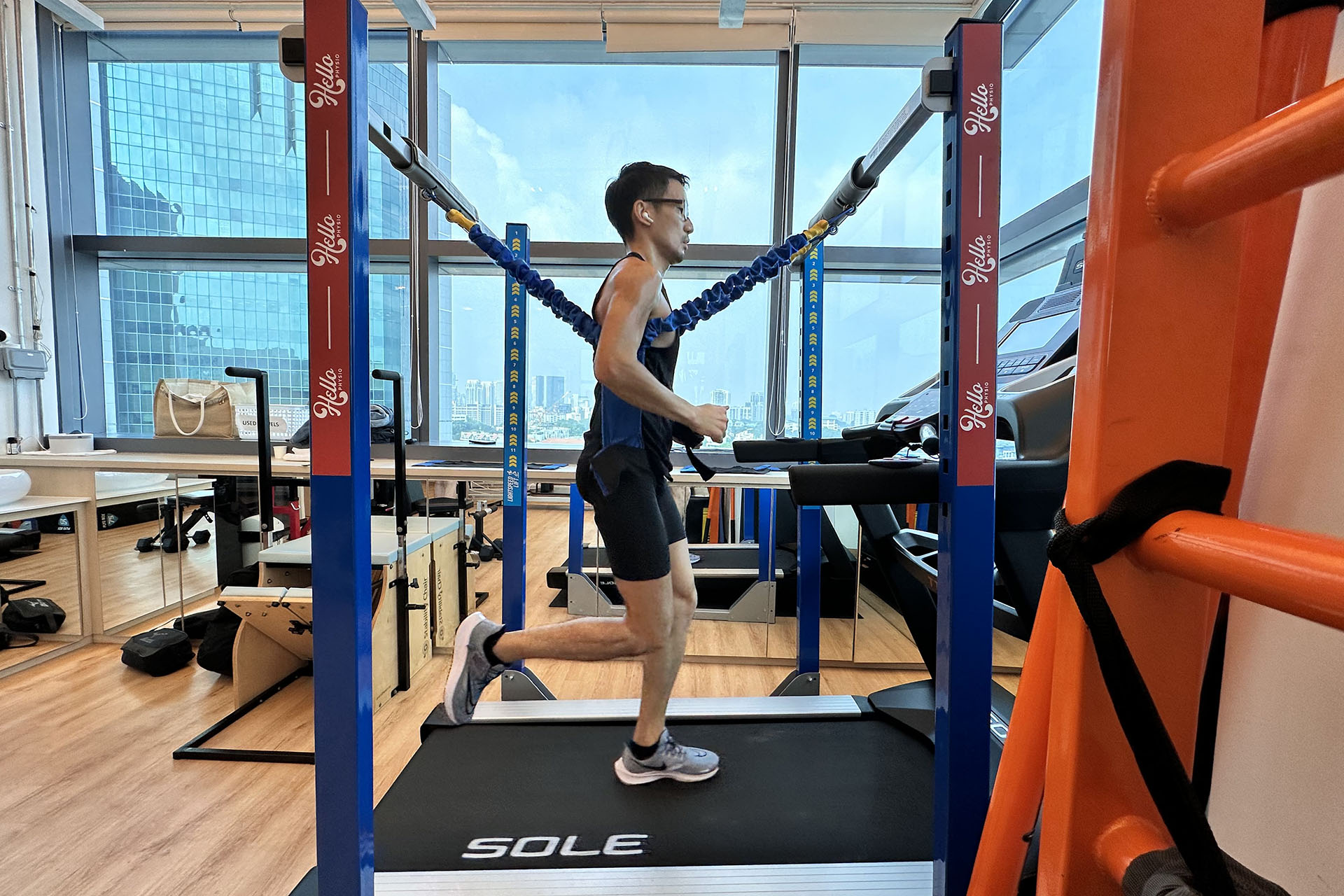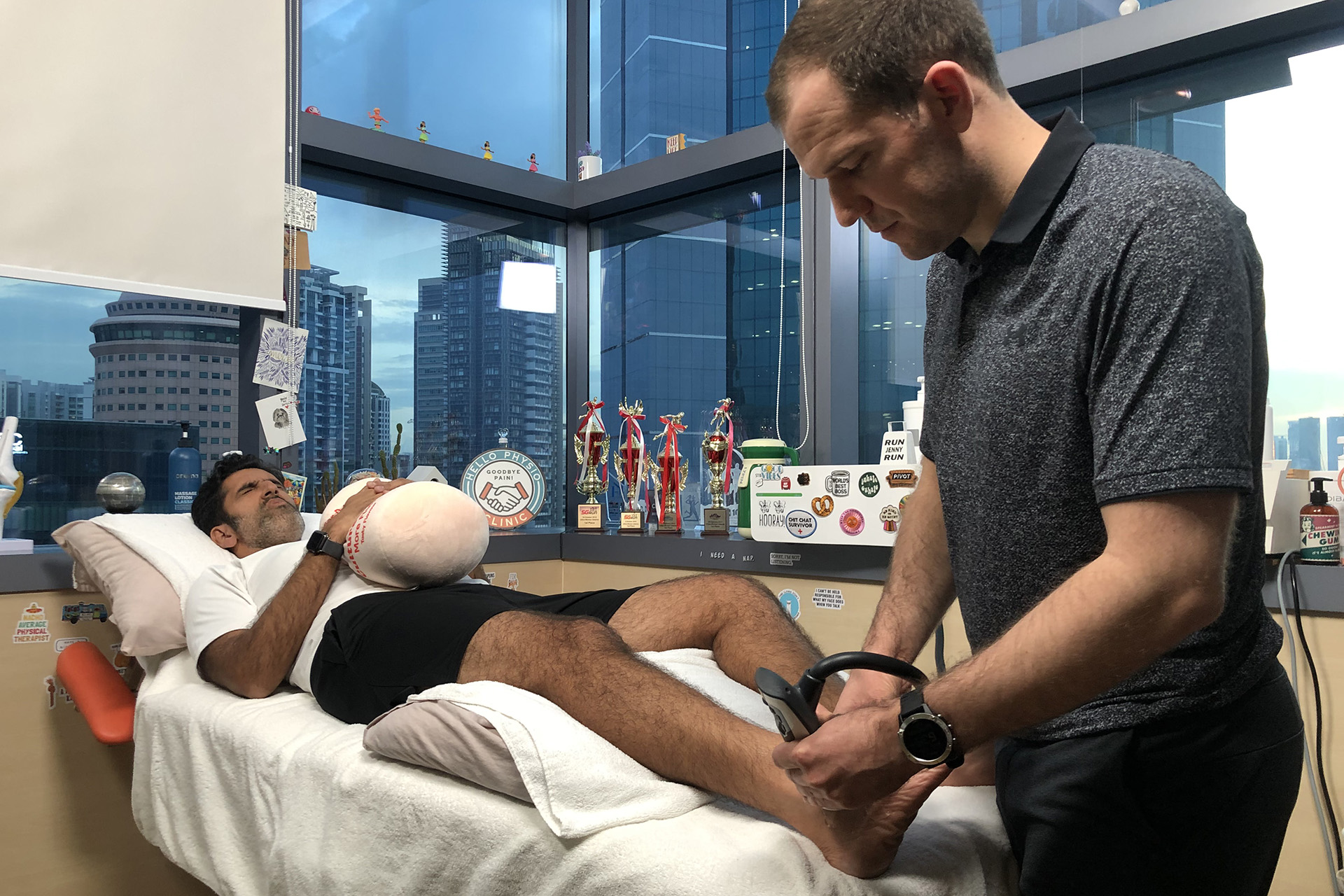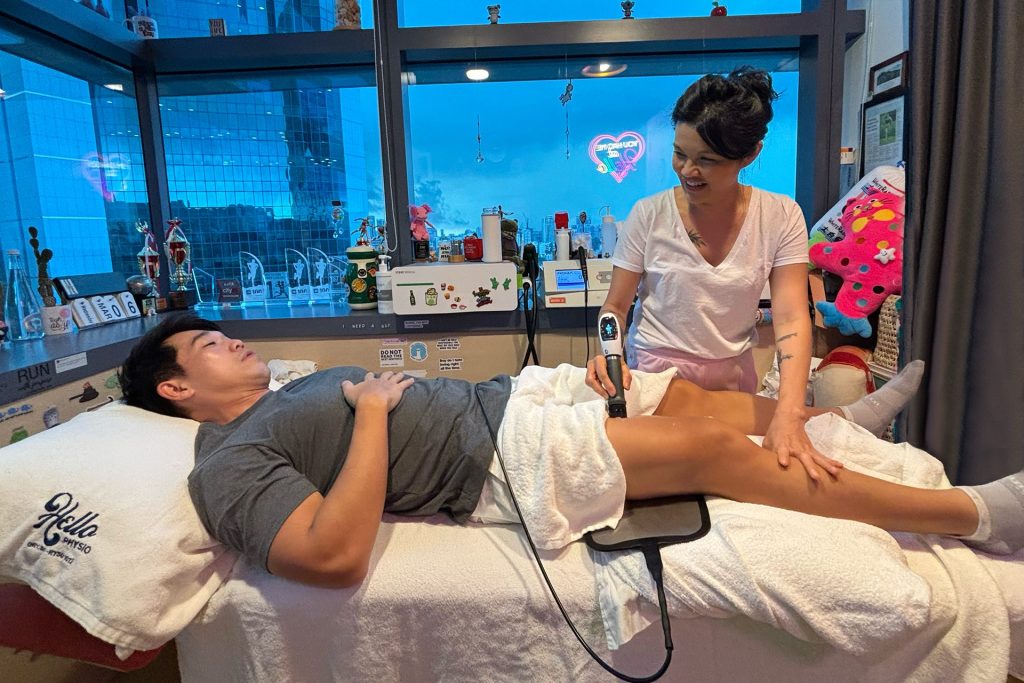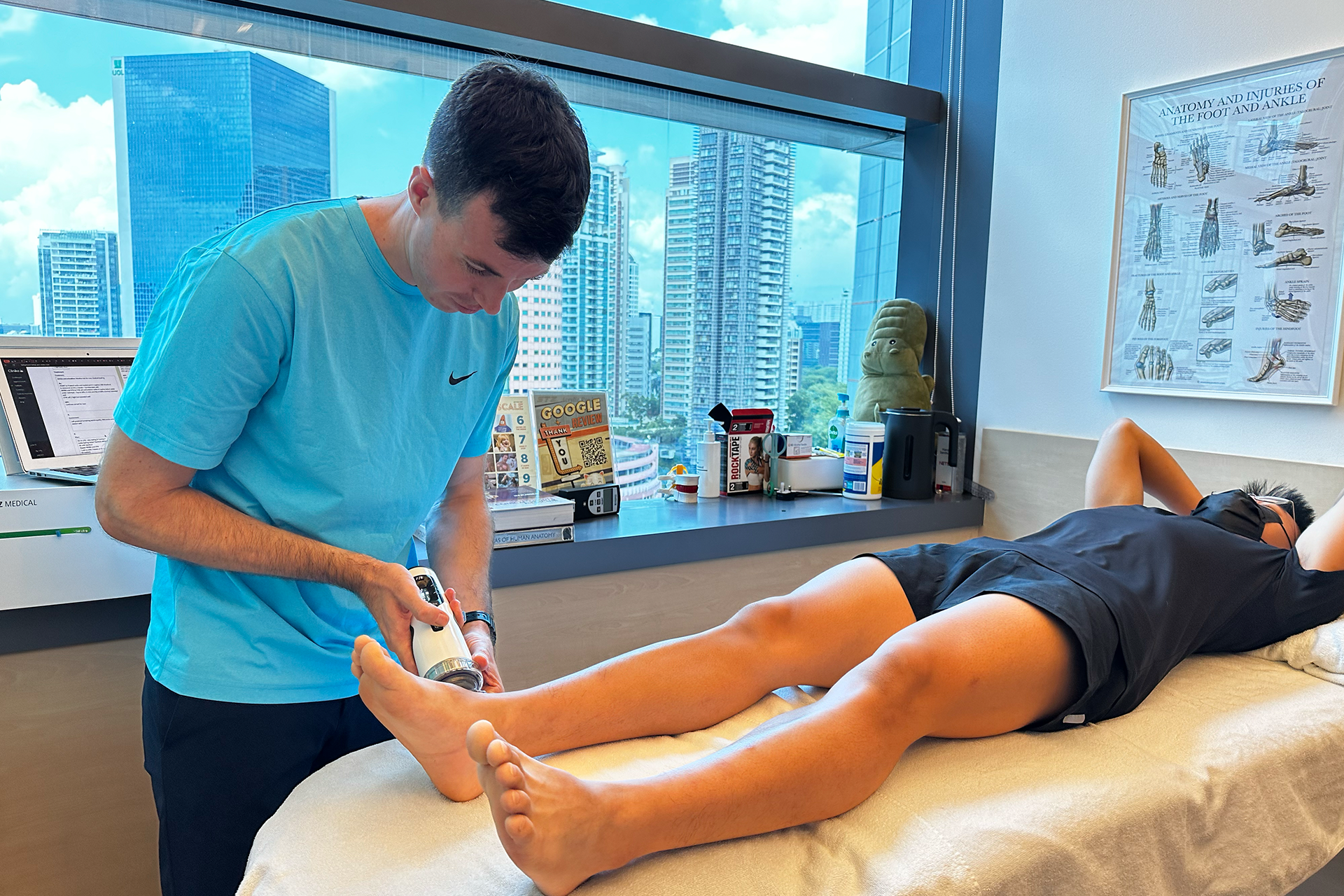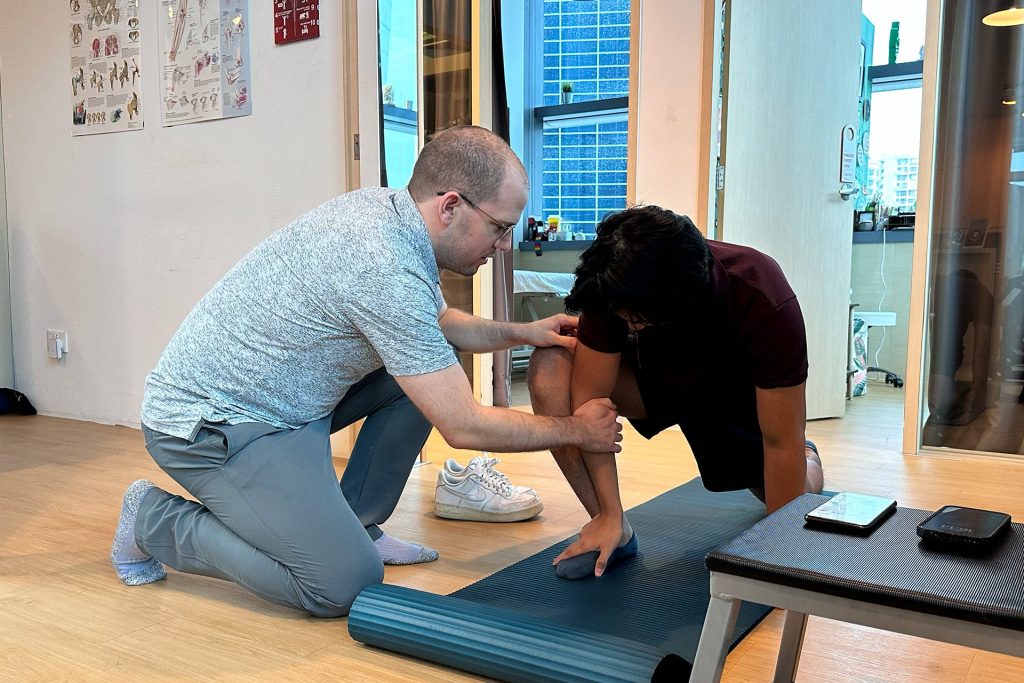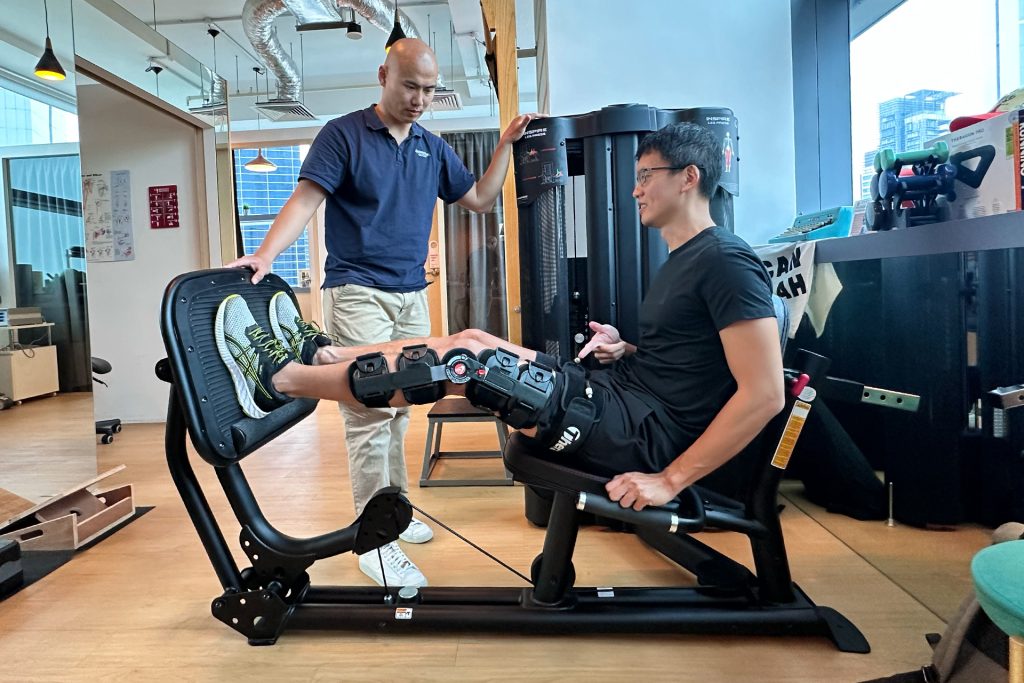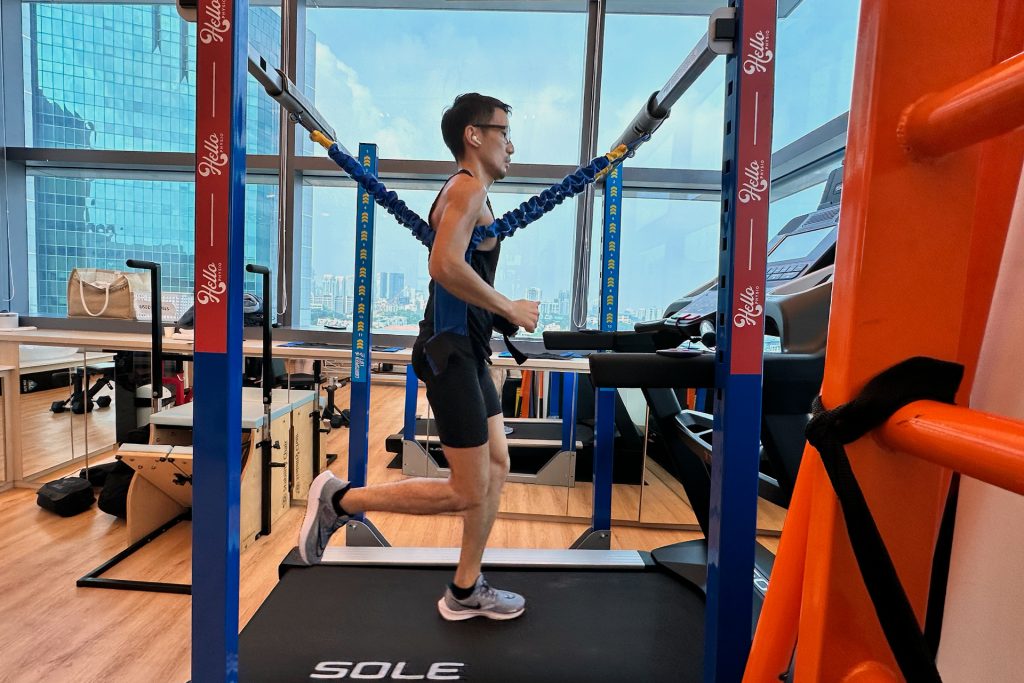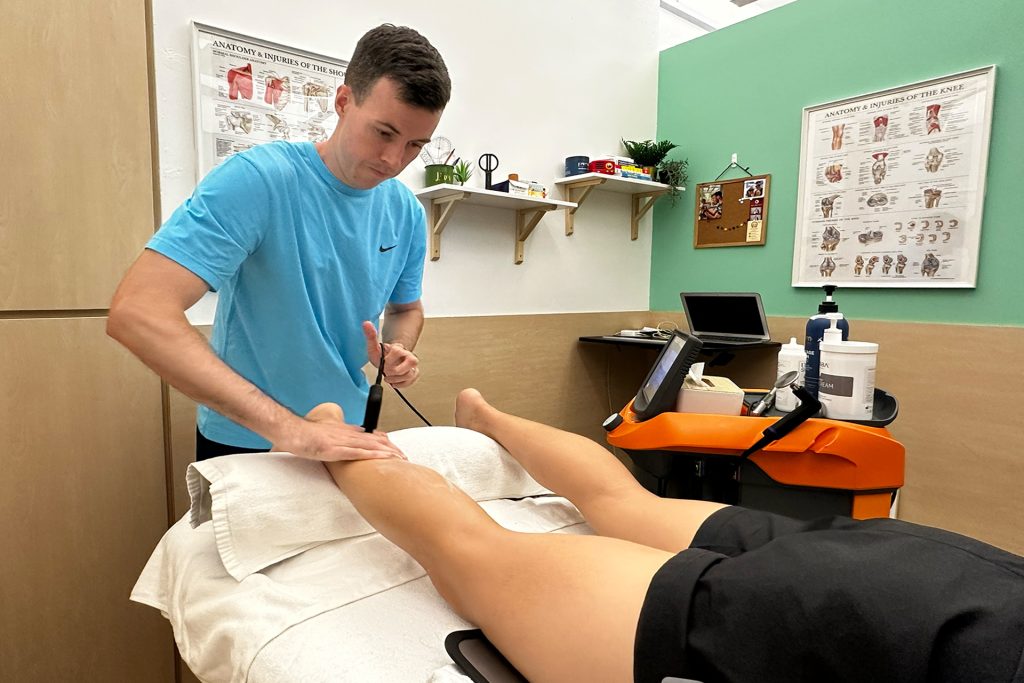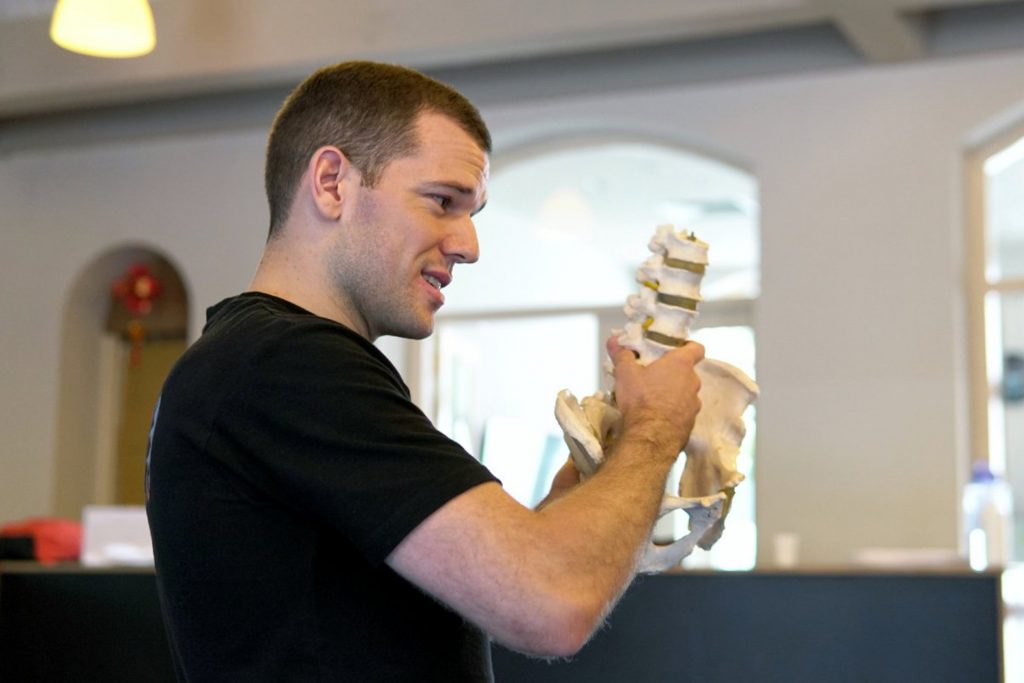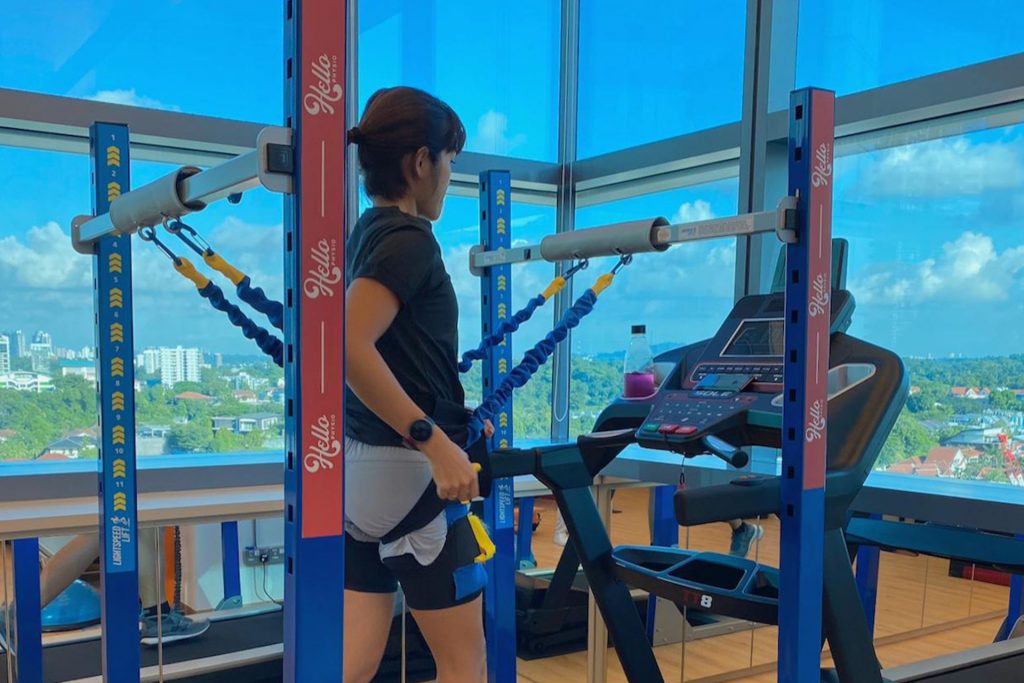Runners Have An Increased Chance of Developing Plantar Fasciitis
Plantar fasciitis, particularly common among runners, presents a significant risk. Young male athletes have a 10% chance of experiencing this foot condition during their running careers.
The onset of plantar fasciitis in runners typically begins just beneath the surface of the foot, where a band of tissue stretching from the heel to the toes becomes inflamed. This condition, known as plantar fasciitis, results in pain, especially noticeable when bearing weight, whether standing, walking, or running.
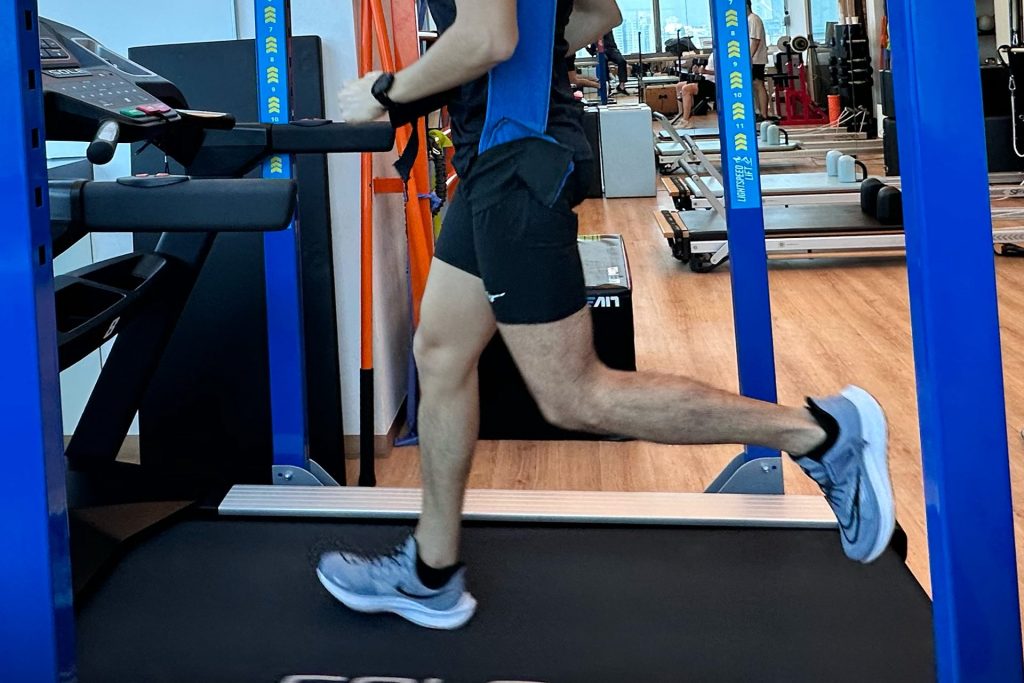
This discomfort is most acute in the morning when the foot emerges from its resting state and the fascia is at its tightest. The first steps of the day can be particularly painful.
The impact of plantar fasciitis tends to intensify with age. Our bodies produce less collagen as we age, a key component for maintaining tissue flexibility. This reduction causes the plantar fascia to become less elastic, thereby increasing the risk and recurrence of pain.
Let’s delve into the complex relationship between running and plantar fasciitis, uncovering prevention methods and effective treatments to ensure it doesn’t interrupt your love for running.
Recognizing Plantar Fasciitis Symptoms
Plantar fasciitis can cause two types of pain: a consistent dull ache or a sharp pain when the foot is extended or stretched. Either way, the pain lies in the plantar fascia just above the sole of the foot. The pain can vary depending on the time of day, or even how much stretching the patient does.
Runners might feel this pain most during push-off in their stride when stretching the plantar fascia to its limit. The pain traces the foot’s arch, intensifying when the foot bears weight without a prior warm-up – like in the morning or before initiating a run. Starting as a slight ache, it can escalate into a chronic issue if ignored or if one resumes rigorous training prematurely.
Though a professional diagnosis from a doctor or physiotherapist is ideal, pain location and its peak timing can hint at plantar fasciitis.
A Running Physio’s Personal Encounter with Plantar Fasciitis

Read related article
Runner’s Guide to Safe Return to Sport after Injury
Meet Jenny Huang, the dynamic founding physiotherapist at HelloPhysio and a passionate runner dedicated to helping others achieve pain-free running. Yet, even for an expert like Jenny, life often throws unexpected challenges. Despite her deep expertise, she grappled with the condition she frequently treats — plantar fasciitis, a testament that no one is immune to life’s physical demands.
Jenny’s days usually start with pre-dawn long runs, infusing her with energy for her packed schedule at the clinic. However, the long hours on her feet began taking their toll, culminating in a persistent heel pain that accompanied her throughout her day. It was a humbling twist of fate: the physiotherapist, now a patient to her specialty.
Undeterred, Jenny embraced targeted treatments like Shockwave Therapy and INDIBA® Activ, the same adjunctive therapies she brings into clinical practice daily to address plantar fasciitis.
Jenny’s comeback story is nothing short of inspirational. She hasn’t just returned to running; she continues excelling as an elite athlete in prestigious events like the Great Eastern Women’s Run for the past few consecutive years and the Standard Chartered Singapore Marathon.
Read related article
Top 5 Running Injuries: Get to the Marathon Starting Line Strong
How Long Should I Stop Running, or Can I Still Run with Plantar Fasciitis?
The recovery time from plantar fasciitis varies based on the injury’s severity and treatment approach. While there’s no set timeline for when runners can resume their sport, the absence of foot pain under pressure is a reliable indicator to start again. However, waiting for complete pain relief may not be feasible for avid runners.
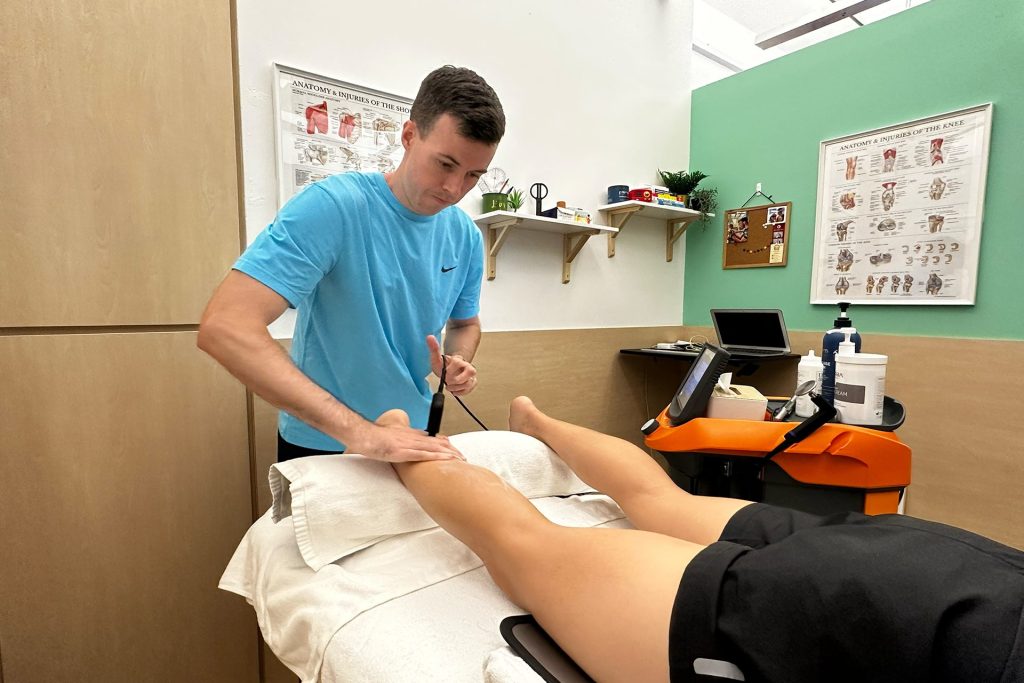
Physiotherapy accelerates recovery, making early treatment essential to injury rehab. A 1-3 weeks rest from high-impact activities is recommended, but this is just part of the healing process. Treatments like Shockwave Therapy can further enhance recovery.
Shockwave Therapy, widely used for conditions like plantar fasciitis, triggers angiogenesis by forming new blood vessels and releasing growth factors such as Vascular Endothelial Growth Factor (VEGF). This process enhances blood flow, bringing essential nutrients and oxygen to the injured area, thus accelerating healing.
The therapy also boosts cellular metabolism, stimulating collagen production, crucial for tendon and ligament repair. Additionally, it provides pain relief by modulating nerve fibers responsible for pain transmission, reducing inflammation, and even breaking down calcified fibroblasts in chronic conditions.
These collective actions at the cellular level alleviate pain and stimulate tissue regeneration, making Shockwave Therapy an effective tool when treating plantar fasciitis in runners.
A gradual approach is best when considering a return to running with plantar fasciitis. Starting with a gentle jog-walk routine allows runners to respond to their body’s cues and avoid exacerbating the injury. Consulting with a physiotherapist is vital to determine the safest way to resume running, with treatments like taping, potentially aiding a quicker and safer return.
Gillet J found her damage was fixed “after only 3 sessions” and described it as the “best physio for runners.” JL Lee had a similar experience, stating her 9-month pain lessened significantly “in just 2 sessions” through HelloPhhysio’s targeted treatments. Others like Brian Chan and Alice Thain found their heel pain subsiding quickly after only a few sessions, after suffering for years with intermittent pain when standing or walking.
Key Takeaways
As one of the most common injuries afflicting about a third of runners, plantar fasciitis has a great impact on runners across the world. If you’re suffering from it, consider seeing a physiotherapist who treats musculoskeletal sports injuries with shockwave physiotherapy to get you back on your feet faster.
By combining traditional and the latest therapies, HelloPhysio’s physiotherapists can help relieve plantar fasciitis pain and reactivate cell growth to promote collagen synthesis in the heel so that you can return to running and training without a constant stabbing or dull ache.
Contact us today to arrange a session with a senior physiotherapist to discuss a targeted plantar fasciitis treatment plan.




